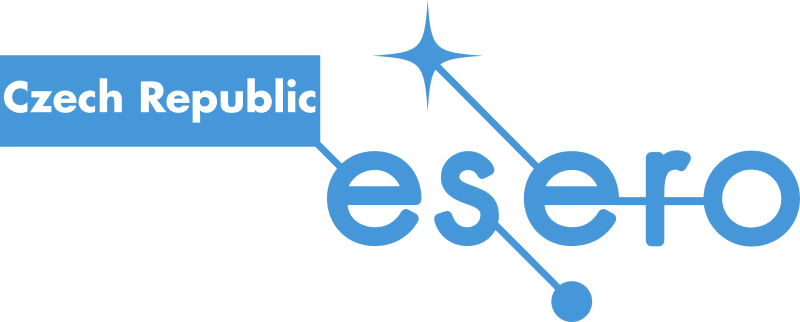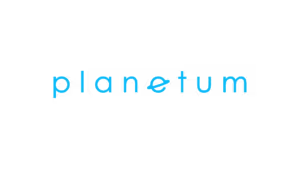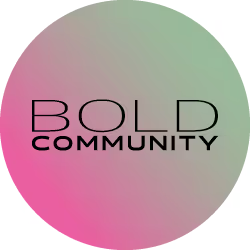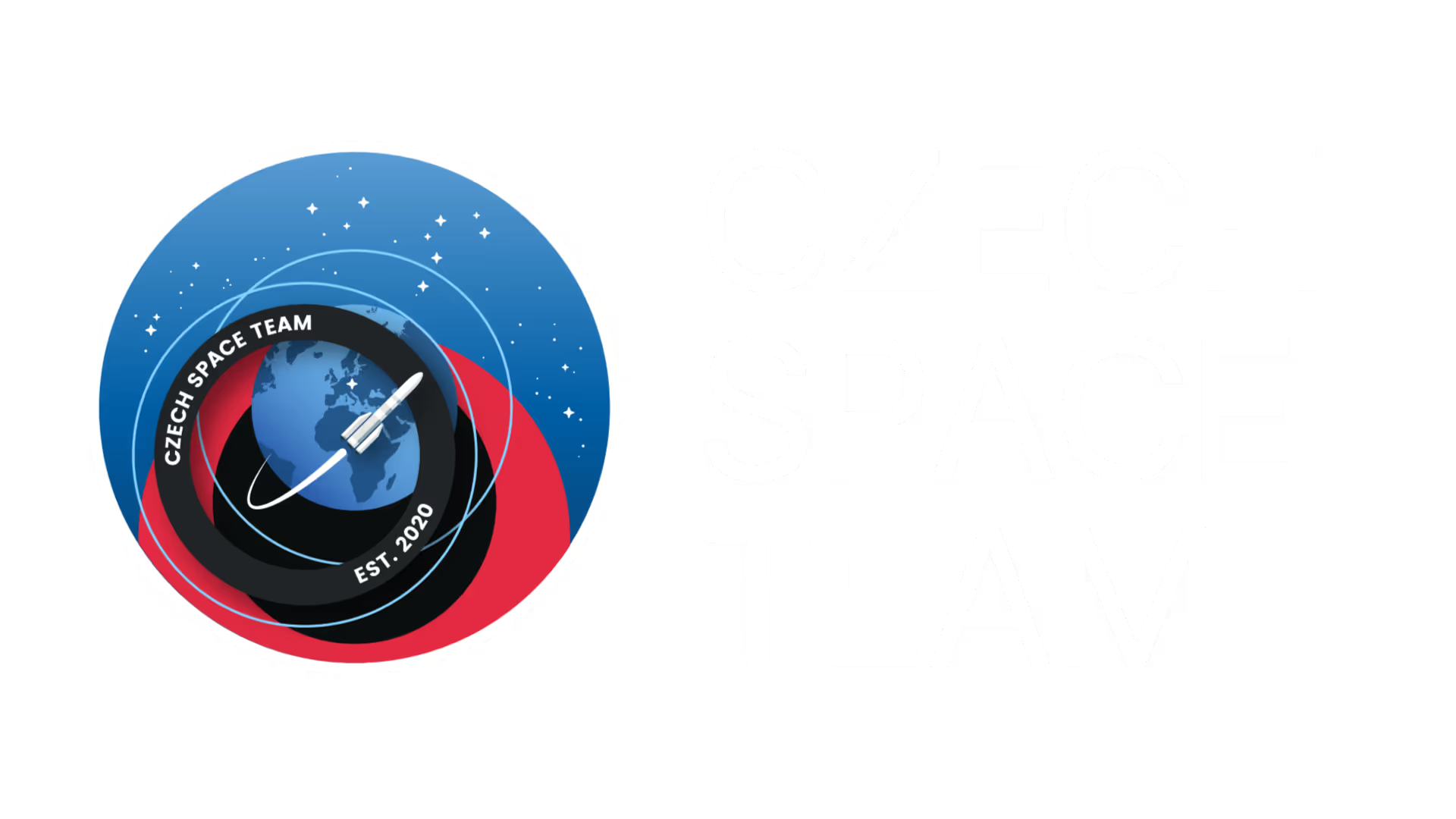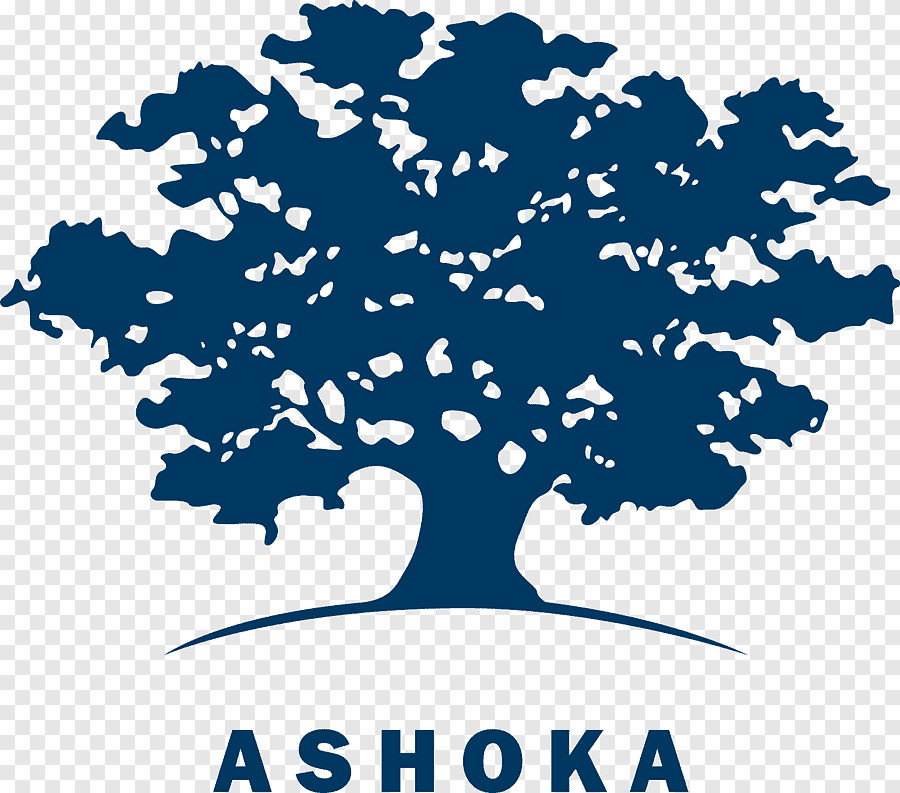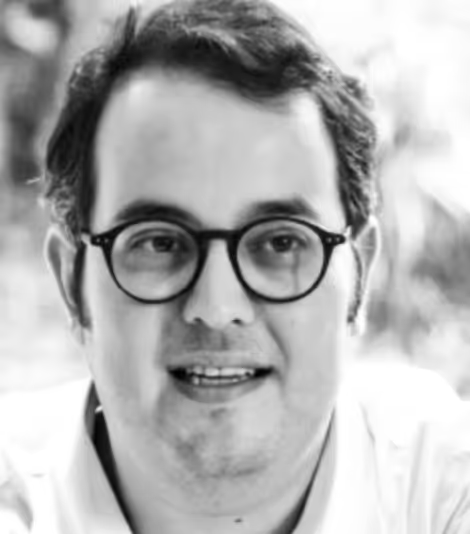
Diego Silva Ardila
Executive Director, Colombian Observatory of Science and Technology
Executive Director, Colombian Observatory of Science and Technology. Doctor in Urban Planning and Policy from the University of Illinois at Chicago. Studies at the level of a Master's Degree in Economics from the Universidad de los Andes and a Master's Degree in Analysis of Contemporary Political, Economic and International Problems from the Externado de Colombia University. Economist and Historian from the Universidad de los Andes with work experience in the private, public, academic and consulting sectors both on a national and local scale, with an emphasis on research and teaching. For ten years he was a professor and researcher at the School of Economics of the Industrial University of Santander in Bucaramanga and professor of the Urban Management and Development program at the Universidad del Rosario in Bogotá. He held the position of Deputy Director of the National Administrative Department of Statistics (DANE) and was president of the Board of Directors of the Agustín Codazzi Geographical Institute (IGAC).
Executive Director, Colombian Observatory of Science and Technology. Doctor in Urban Planning and Policy from the University of Illinois at Chicago. Studies at the level of a Master's Degree in Economics from the Universidad de los Andes and a Master's Degree in Analysis of Contemporary Political, Economic and International Problems from the Externado de Colombia University. Economist and Historian from the Universidad de los Andes with work experience in the private, public, academic and consulting sectors both on a national and local scale, with an emphasis on research and teaching. For ten years he was a professor and researcher at the School of Economics of the Industrial University of Santander in Bucaramanga and professor of the Urban Management and Development program at the Universidad del Rosario in Bogotá. He held the position of Deputy Director of the National Administrative Department of Statistics (DANE) and was president of the Board of Directors of the Agustín Codazzi Geographical Institute (IGAC).

Alexandra Bizkova
CEO and Board Chair of the leading Czech art investment fund Pro Arte
Alexandra is the CEO and Board Chair of the leading Czech art investment fund Pro Arte. She contributes to the advancement and popularization of investing and philanthropy in the Czech Republic. Previous experience includes supporting innovative start-ups as the Longevitytech.fund venture consultant or helping the Czech Philharmonic grow their community of major donors as the Opus 85 Cabinet Member. Alexandra is Aspen Young Leaders Program alum. She strongly believes in the cross-pollination of ideas and connecting different people, projects, and fields, be it finance, business, arts or technology.
Alexandra is the CEO and Board Chair of the leading Czech art investment fund Pro Arte. She contributes to the advancement and popularization of investing and philanthropy in the Czech Republic. Previous experience includes supporting innovative start-ups as the Longevitytech.fund venture consultant or helping the Czech Philharmonic grow their community of major donors as the Opus 85 Cabinet Member. Alexandra is Aspen Young Leaders Program alum. She strongly believes in the cross-pollination of ideas and connecting different people, projects, and fields, be it finance, business, arts or technology.
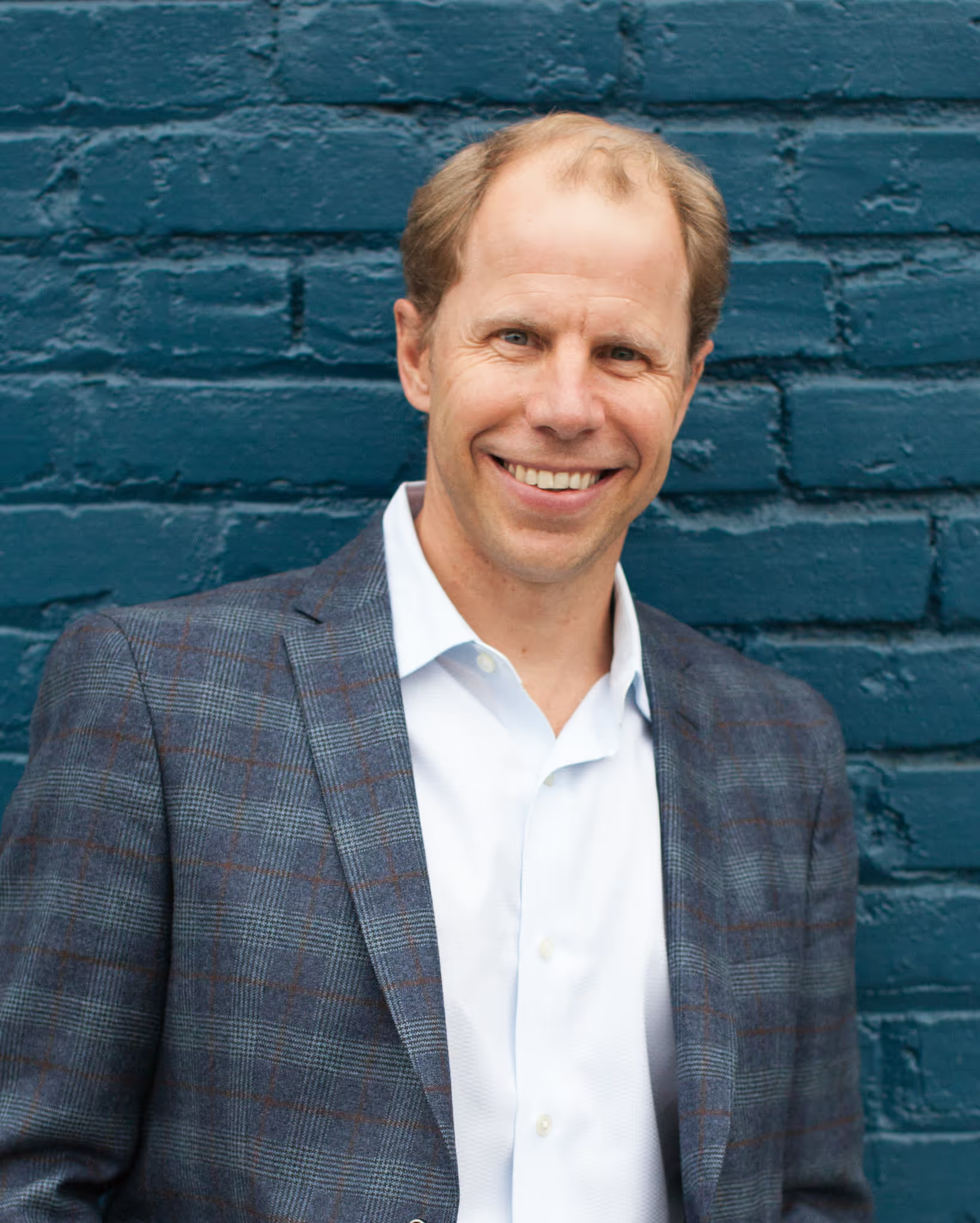
Christopher Gergen
Chief Growth Officer at 4P Foods
Christopher Gergen has over 25 years of experience building, scaling, and supporting systems-based solutions in communities globally. He is the founding partner of Forward Impact, a for-benefit advisory firm and investment fund that strives to work with forward-thinking foundations, family offices, corporations, developers, and policy makers who are committed to investing in systemic solutions to the economic inequities and disparities within our nation’s cities and regions. Most recently, Christopher was founding CEO of Forward Cities – a national non-profit launched that helps cities and regions strengthen their equitable entrepreneurial ecosystems. Since launching in 2014, Forward Cities has worked with over 30 cities, launched regional collaboratives in North Carolina and Ohio, and developed a national cross-city learning collaborative. Christopher is also founding partner of Raleigh Founded, the largest entrepreneurial co-working community in North Carolina. Additionally, Christopher has been a fellow and faculty member with Duke University’s Innovation & Entrepreneurship initiative, the Innovator in Residence at the Center for Creative Leadership, a regular columnist for the Raleigh News & Observer and is co-author of the nationally acclaimed book Life Entrepreneurs: Ordinary People Creating Extraordinary Lives, an alum of Leadership North Carolina (class 24) and a 2013 Henry Crown Fellow at the Aspen Institute where he was recently named a Braddock Scholar. Other entrepreneurial endeavors for Christopher include co-founding SMARTHINKING, a venture-backed on-line tutoring company that grew to over 1,000 universities before being acquired by Pearson in 2011, launching the Entrepreneurs Corps that placed 400 AmeriCorps*VISTA volunteers into 96 non-profits for a year of capacity building support, and starting Café Nunoa – a bar, restaurant, live music venue in Santiago, Chile that Christopher started when he was 24. Christopher currently serves on the board of the Duke School and is on the Governor’s NC Works Commission in North Carolina. He received his BA with honors from Duke University, his MPP from The George Washington University, and his MBA from Georgetown. He lives with his wife and two children in Durham, NC.
Christopher Gergen has over 25 years of experience building, scaling, and supporting systems-based solutions in communities globally. He is the founding partner of Forward Impact, a for-benefit advisory firm and investment fund that strives to work with forward-thinking foundations, family offices, corporations, developers, and policy makers who are committed to investing in systemic solutions to the economic inequities and disparities within our nation’s cities and regions. Most recently, Christopher was founding CEO of Forward Cities – a national non-profit launched that helps cities and regions strengthen their equitable entrepreneurial ecosystems. Since launching in 2014, Forward Cities has worked with over 30 cities, launched regional collaboratives in North Carolina and Ohio, and developed a national cross-city learning collaborative. Christopher is also founding partner of Raleigh Founded, the largest entrepreneurial co-working community in North Carolina. Additionally, Christopher has been a fellow and faculty member with Duke University’s Innovation & Entrepreneurship initiative, the Innovator in Residence at the Center for Creative Leadership, a regular columnist for the Raleigh News & Observer and is co-author of the nationally acclaimed book Life Entrepreneurs: Ordinary People Creating Extraordinary Lives, an alum of Leadership North Carolina (class 24) and a 2013 Henry Crown Fellow at the Aspen Institute where he was recently named a Braddock Scholar. Other entrepreneurial endeavors for Christopher include co-founding SMARTHINKING, a venture-backed on-line tutoring company that grew to over 1,000 universities before being acquired by Pearson in 2011, launching the Entrepreneurs Corps that placed 400 AmeriCorps*VISTA volunteers into 96 non-profits for a year of capacity building support, and starting Café Nunoa – a bar, restaurant, live music venue in Santiago, Chile that Christopher started when he was 24. Christopher currently serves on the board of the Duke School and is on the Governor’s NC Works Commission in North Carolina. He received his BA with honors from Duke University, his MPP from The George Washington University, and his MBA from Georgetown. He lives with his wife and two children in Durham, NC.
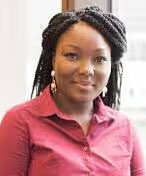
Dunola Oladapo
Digital Inclusion Programme Officer at International Telecommunication Union
Dunola Oladapo works in the Digital Inclusion team at the UN ITU [The United Nations Agency for ICTs]. She has previously worked as a financial analyst at the UK National Audit Office, Morgan Stanley and Goldman Sachs Investment Bank. Dunola sits on the #iWill Fund Leadership Board where she influences how investment is allocated to increase UK youth social action;, she is the current UK Coordinator of the Commonwealth Youth Peace Ambassadors Network [CYPAN], and she is a Schwarzman Scholar. She has represented the UK at the Youth G7 Summit, The G(irls)20 Summit, Women Political Leadership Forum and MISK Global Forum. She is a G(irls)20 Ambassador and is the founder and trustee of Luton Lights – a charity to empower girls in the UK. Dunola has been awarded a UK Women of The Future Award for her continuous work to try to empower those who are marginalised in society.
Dunola Oladapo works in the Digital Inclusion team at the UN ITU [The United Nations Agency for ICTs]. She has previously worked as a financial analyst at the UK National Audit Office, Morgan Stanley and Goldman Sachs Investment Bank. Dunola sits on the #iWill Fund Leadership Board where she influences how investment is allocated to increase UK youth social action;, she is the current UK Coordinator of the Commonwealth Youth Peace Ambassadors Network [CYPAN], and she is a Schwarzman Scholar. She has represented the UK at the Youth G7 Summit, The G(irls)20 Summit, Women Political Leadership Forum and MISK Global Forum. She is a G(irls)20 Ambassador and is the founder and trustee of Luton Lights – a charity to empower girls in the UK. Dunola has been awarded a UK Women of The Future Award for her continuous work to try to empower those who are marginalised in society.

Katie Fitzerald
Director of The Aspen Institute
Katie Fitzgerald is the director for the Aspen Challenge. Prior to launching the Aspen Challenge, Katie was a project manager for the Seminars Department and the Aspen Ideas Festival Scholars Program at the Aspen Institute. In these roles, she was in charge of managing an array of seminars serving Aspen Institute fellows from around the world, working with the executive team to allocate and manage over $600,000 in scholarship funds per year, and recruiting and selecting over 300 Scholars to participate in the Aspen Ideas Festival. Katie has a B.S. from Northern Michigan University with a major in geographical information systems. While in college, Katie studied in Armidale, Australia and then traveled throughout Europe for several months. Katie has lived in the Roaring Fork Valley of Colorado for 15 years, after moving from Vail. She is a Chicago native and avid Bears fan. Katie resides in Basalt with her two daughters, Maggie, 12, and Lily, 10. Katie also serves on the board of Girls on the Run, and volunteers at her local food pantry, Lift Up.
Katie Fitzgerald is the director for the Aspen Challenge. Prior to launching the Aspen Challenge, Katie was a project manager for the Seminars Department and the Aspen Ideas Festival Scholars Program at the Aspen Institute. In these roles, she was in charge of managing an array of seminars serving Aspen Institute fellows from around the world, working with the executive team to allocate and manage over $600,000 in scholarship funds per year, and recruiting and selecting over 300 Scholars to participate in the Aspen Ideas Festival. Katie has a B.S. from Northern Michigan University with a major in geographical information systems. While in college, Katie studied in Armidale, Australia and then traveled throughout Europe for several months. Katie has lived in the Roaring Fork Valley of Colorado for 15 years, after moving from Vail. She is a Chicago native and avid Bears fan. Katie resides in Basalt with her two daughters, Maggie, 12, and Lily, 10. Katie also serves on the board of Girls on the Run, and volunteers at her local food pantry, Lift Up.
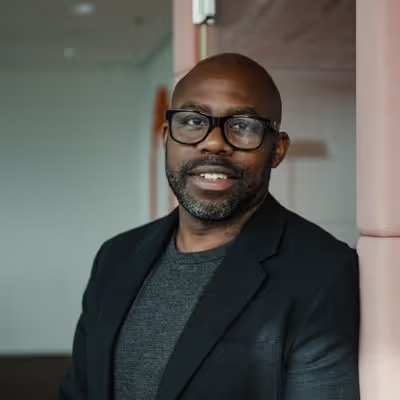
Shane Ryan
Senior Advisor to The National Lottery Community Fund
Shane Ryan is Senior Advisor to The National Lottery Community Fund former Global Executive Director of the Avast Foundation and former Deputy Director for The National Lottery Community Fund, former multi award winning CEO of Working with Men(Future Men). Under his stewardship WWM built a national reputation as a solution focused organization offering evidence based approaches to community needs and issues particularly around conflict and transition, father’s development, masculinity and youth unemployment. Having worked in a variety of inner city areas tackling drug use and managing the UK’s first mobile health care facilities for the NHS until 1995, Shane moved to the voluntary sector and into various managerial appointments in charities as well as a Home Office secondment and projects taking him to the USA and Japan. Shane has over 25 years experience working with young people and through WWM is a frequent advisor and speaker on non-profit matters covering the entire range of his charities work nationally.
Shane Ryan is Senior Advisor to The National Lottery Community Fund former Global Executive Director of the Avast Foundation and former Deputy Director for The National Lottery Community Fund, former multi award winning CEO of Working with Men(Future Men). Under his stewardship WWM built a national reputation as a solution focused organization offering evidence based approaches to community needs and issues particularly around conflict and transition, father’s development, masculinity and youth unemployment. Having worked in a variety of inner city areas tackling drug use and managing the UK’s first mobile health care facilities for the NHS until 1995, Shane moved to the voluntary sector and into various managerial appointments in charities as well as a Home Office secondment and projects taking him to the USA and Japan. Shane has over 25 years experience working with young people and through WWM is a frequent advisor and speaker on non-profit matters covering the entire range of his charities work nationally.
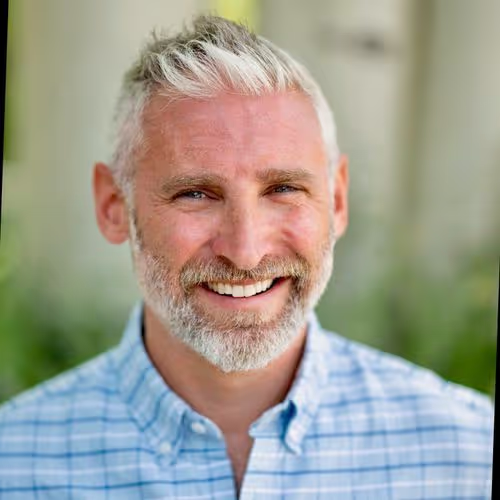
Tommy Lopper
VP of The Aspen Institute
Tommy Loper is passionate about the development of human potential and relationship building that lead to more inclusive, sustainable, and equitable futures. Tommy serves as Vice President for Enterprise Development at the Aspen Institute leading the organization’s “network of networks” initiative to become a thriving interconnected global community of leaders. Since joining the Institute in 2008, Tommy has led multiple endeavors to broaden and deepen Aspen’s mission for a more just, free and equitable world including: supporting the launch of the Aspen Global Leadership Network; co-founding the Resnick Aspen Action Forum; co-founding Weave: The Social Fabric Project with David Brooks of The New York Times; and serving as vice president of the Institute’s Leadership Division programs. Tommy is the co-founder of the Aspen LGBTQ+ Pride Group and former co-chair of the Institute’s Diversity, Equity & Inclusion Group. His career path spans two decades and includes work with two start-up event production agencies. At age 35, he was recognized as a top 20 conference producer in the United States on the BizBash 1,000. Tommy serves as a board advisor for multiple organizations and efforts that further his passion for the humanities, space exploration, and equality, including: Space for Humanity, Off-World Humanities, The Moonshot Platform, The Quorum Initiative, Keseb pro-democracy movement, and formerly Friends of New Orleans. Tommy is a graduate of the School of International Service at American University, he studied at La Universidad Diego Portales in Chile, L’Université libre de Bruxelles in Belgium, and Georgetown University’s Nonprofit Executive Management program. He is a regular guest lecturer for the course “Designing for Human Behavior” at the University of Texas at Austin, School of Architecture and The George Washington University. Tommy is married to Dirk Sellers, Chief Development Officer at the National Wildlife Federation, and together they make their home in Rehoboth Beach, DE, and Washington, DC, with their two Labradors Georgiou and Lilibet. Tommy is an avid traveler, runner, Trekkie, and dog lover.
Tommy Loper is passionate about the development of human potential and relationship building that lead to more inclusive, sustainable, and equitable futures. Tommy serves as Vice President for Enterprise Development at the Aspen Institute leading the organization’s “network of networks” initiative to become a thriving interconnected global community of leaders. Since joining the Institute in 2008, Tommy has led multiple endeavors to broaden and deepen Aspen’s mission for a more just, free and equitable world including: supporting the launch of the Aspen Global Leadership Network; co-founding the Resnick Aspen Action Forum; co-founding Weave: The Social Fabric Project with David Brooks of The New York Times; and serving as vice president of the Institute’s Leadership Division programs. Tommy is the co-founder of the Aspen LGBTQ+ Pride Group and former co-chair of the Institute’s Diversity, Equity & Inclusion Group. His career path spans two decades and includes work with two start-up event production agencies. At age 35, he was recognized as a top 20 conference producer in the United States on the BizBash 1,000. Tommy serves as a board advisor for multiple organizations and efforts that further his passion for the humanities, space exploration, and equality, including: Space for Humanity, Off-World Humanities, The Moonshot Platform, The Quorum Initiative, Keseb pro-democracy movement, and formerly Friends of New Orleans. Tommy is a graduate of the School of International Service at American University, he studied at La Universidad Diego Portales in Chile, L’Université libre de Bruxelles in Belgium, and Georgetown University’s Nonprofit Executive Management program. He is a regular guest lecturer for the course “Designing for Human Behavior” at the University of Texas at Austin, School of Architecture and The George Washington University. Tommy is married to Dirk Sellers, Chief Development Officer at the National Wildlife Federation, and together they make their home in Rehoboth Beach, DE, and Washington, DC, with their two Labradors Georgiou and Lilibet. Tommy is an avid traveler, runner, Trekkie, and dog lover.

Shane Ryan
Senior Advisor to The National Lottery Community Fund
Shane Ryan is Senior Advisor to The National Lottery Community Fund former Global Executive Director of the Avast Foundation and former Deputy Director for The National Lottery Community Fund, former multi award winning CEO of Working with Men(Future Men). Under his stewardship WWM built a national reputation as a solution focused organization offering evidence based approaches to community needs and issues particularly around conflict and transition, father’s development, masculinity and youth unemployment. Having worked in a variety of inner city areas tackling drug use and managing the UK’s first mobile health care facilities for the NHS until 1995, Shane moved to the voluntary sector and into various managerial appointments in charities as well as a Home Office secondment and projects taking him to the USA and Japan. Shane has over 25 years experience working with young people and through WWM is a frequent advisor and speaker on non-profit matters covering the entire range of his charities work nationally.
Shane Ryan is Senior Advisor to The National Lottery Community Fund former Global Executive Director of the Avast Foundation and former Deputy Director for The National Lottery Community Fund, former multi award winning CEO of Working with Men(Future Men). Under his stewardship WWM built a national reputation as a solution focused organization offering evidence based approaches to community needs and issues particularly around conflict and transition, father’s development, masculinity and youth unemployment. Having worked in a variety of inner city areas tackling drug use and managing the UK’s first mobile health care facilities for the NHS until 1995, Shane moved to the voluntary sector and into various managerial appointments in charities as well as a Home Office secondment and projects taking him to the USA and Japan. Shane has over 25 years experience working with young people and through WWM is a frequent advisor and speaker on non-profit matters covering the entire range of his charities work nationally.
.avif)
Badruun Gardi
Founder & CEO at New Nomad Institute

Christopher Gergen
Chief Growth Officer at 4P Foods
Christopher Gergen has over 25 years of experience building, scaling, and supporting systems-based solutions in communities globally. He is the founding partner of Forward Impact, a for-benefit advisory firm and investment fund that strives to work with forward-thinking foundations, family offices, corporations, developers, and policy makers who are committed to investing in systemic solutions to the economic inequities and disparities within our nation’s cities and regions. Most recently, Christopher was founding CEO of Forward Cities – a national non-profit launched that helps cities and regions strengthen their equitable entrepreneurial ecosystems. Since launching in 2014, Forward Cities has worked with over 30 cities, launched regional collaboratives in North Carolina and Ohio, and developed a national cross-city learning collaborative. Christopher is also founding partner of Raleigh Founded, the largest entrepreneurial co-working community in North Carolina. Additionally, Christopher has been a fellow and faculty member with Duke University’s Innovation & Entrepreneurship initiative, the Innovator in Residence at the Center for Creative Leadership, a regular columnist for the Raleigh News & Observer and is co-author of the nationally acclaimed book Life Entrepreneurs: Ordinary People Creating Extraordinary Lives, an alum of Leadership North Carolina (class 24) and a 2013 Henry Crown Fellow at the Aspen Institute where he was recently named a Braddock Scholar. Other entrepreneurial endeavors for Christopher include co-founding SMARTHINKING, a venture-backed on-line tutoring company that grew to over 1,000 universities before being acquired by Pearson in 2011, launching the Entrepreneurs Corps that placed 400 AmeriCorps*VISTA volunteers into 96 non-profits for a year of capacity building support, and starting Café Nunoa – a bar, restaurant, live music venue in Santiago, Chile that Christopher started when he was 24. Christopher currently serves on the board of the Duke School and is on the Governor’s NC Works Commission in North Carolina. He received his BA with honors from Duke University, his MPP from The George Washington University, and his MBA from Georgetown. He lives with his wife and two children in Durham, NC.
Christopher Gergen has over 25 years of experience building, scaling, and supporting systems-based solutions in communities globally. He is the founding partner of Forward Impact, a for-benefit advisory firm and investment fund that strives to work with forward-thinking foundations, family offices, corporations, developers, and policy makers who are committed to investing in systemic solutions to the economic inequities and disparities within our nation’s cities and regions. Most recently, Christopher was founding CEO of Forward Cities – a national non-profit launched that helps cities and regions strengthen their equitable entrepreneurial ecosystems. Since launching in 2014, Forward Cities has worked with over 30 cities, launched regional collaboratives in North Carolina and Ohio, and developed a national cross-city learning collaborative. Christopher is also founding partner of Raleigh Founded, the largest entrepreneurial co-working community in North Carolina. Additionally, Christopher has been a fellow and faculty member with Duke University’s Innovation & Entrepreneurship initiative, the Innovator in Residence at the Center for Creative Leadership, a regular columnist for the Raleigh News & Observer and is co-author of the nationally acclaimed book Life Entrepreneurs: Ordinary People Creating Extraordinary Lives, an alum of Leadership North Carolina (class 24) and a 2013 Henry Crown Fellow at the Aspen Institute where he was recently named a Braddock Scholar. Other entrepreneurial endeavors for Christopher include co-founding SMARTHINKING, a venture-backed on-line tutoring company that grew to over 1,000 universities before being acquired by Pearson in 2011, launching the Entrepreneurs Corps that placed 400 AmeriCorps*VISTA volunteers into 96 non-profits for a year of capacity building support, and starting Café Nunoa – a bar, restaurant, live music venue in Santiago, Chile that Christopher started when he was 24. Christopher currently serves on the board of the Duke School and is on the Governor’s NC Works Commission in North Carolina. He received his BA with honors from Duke University, his MPP from The George Washington University, and his MBA from Georgetown. He lives with his wife and two children in Durham, NC.

Katie Fitzerald
Director The Aspen Institute
Katie Fitzgerald is the director for the Aspen Challenge. Prior to launching the Aspen Challenge, Katie was a project manager for the Seminars Department and the Aspen Ideas Festival Scholars Program at the Aspen Institute. In these roles, she was in charge of managing an array of seminars serving Aspen Institute fellows from around the world, working with the executive team to allocate and manage over $600,000 in scholarship funds per year, and recruiting and selecting over 300 Scholars to participate in the Aspen Ideas Festival. Katie has a B.S. from Northern Michigan University with a major in geographical information systems. While in college, Katie studied in Armidale, Australia and then traveled throughout Europe for several months. Katie has lived in the Roaring Fork Valley of Colorado for 15 years, after moving from Vail. She is a Chicago native and avid Bears fan. Katie resides in Basalt with her two daughters, Maggie, 12, and Lily, 10. Katie also serves on the board of Girls on the Run, and volunteers at her local food pantry, Lift Up.
Katie Fitzgerald is the director for the Aspen Challenge. Prior to launching the Aspen Challenge, Katie was a project manager for the Seminars Department and the Aspen Ideas Festival Scholars Program at the Aspen Institute. In these roles, she was in charge of managing an array of seminars serving Aspen Institute fellows from around the world, working with the executive team to allocate and manage over $600,000 in scholarship funds per year, and recruiting and selecting over 300 Scholars to participate in the Aspen Ideas Festival. Katie has a B.S. from Northern Michigan University with a major in geographical information systems. While in college, Katie studied in Armidale, Australia and then traveled throughout Europe for several months. Katie has lived in the Roaring Fork Valley of Colorado for 15 years, after moving from Vail. She is a Chicago native and avid Bears fan. Katie resides in Basalt with her two daughters, Maggie, 12, and Lily, 10. Katie also serves on the board of Girls on the Run, and volunteers at her local food pantry, Lift Up.

Tommy Lopper
VP The Aspen Institute
Tommy Loper is passionate about the development of human potential and relationship building that lead to more inclusive, sustainable, and equitable futures. Tommy serves as Vice President for Enterprise Development at the Aspen Institute leading the organization’s “network of networks” initiative to become a thriving interconnected global community of leaders. Since joining the Institute in 2008, Tommy has led multiple endeavors to broaden and deepen Aspen’s mission for a more just, free and equitable world including: supporting the launch of the Aspen Global Leadership Network; co-founding the Resnick Aspen Action Forum; co-founding Weave: The Social Fabric Project with David Brooks of The New York Times; and serving as vice president of the Institute’s Leadership Division programs. Tommy is the co-founder of the Aspen LGBTQ+ Pride Group and former co-chair of the Institute’s Diversity, Equity & Inclusion Group. His career path spans two decades and includes work with two start-up event production agencies. At age 35, he was recognized as a top 20 conference producer in the United States on the BizBash 1,000. Tommy serves as a board advisor for multiple organizations and efforts that further his passion for the humanities, space exploration, and equality, including: Space for Humanity, Off-World Humanities, The Moonshot Platform, The Quorum Initiative, Keseb pro-democracy movement, and formerly Friends of New Orleans. Tommy is a graduate of the School of International Service at American University, he studied at La Universidad Diego Portales in Chile, L’Université libre de Bruxelles in Belgium, and Georgetown University’s Nonprofit Executive Management program. He is a regular guest lecturer for the course “Designing for Human Behavior” at the University of Texas at Austin, School of Architecture and The George Washington University. Tommy is married to Dirk Sellers, Chief Development Officer at the National Wildlife Federation, and together they make their home in Rehoboth Beach, DE, and Washington, DC, with their two Labradors Georgiou and Lilibet. Tommy is an avid traveler, runner, Trekkie, and dog lover.
Tommy Loper is passionate about the development of human potential and relationship building that lead to more inclusive, sustainable, and equitable futures. Tommy serves as Vice President for Enterprise Development at the Aspen Institute leading the organization’s “network of networks” initiative to become a thriving interconnected global community of leaders. Since joining the Institute in 2008, Tommy has led multiple endeavors to broaden and deepen Aspen’s mission for a more just, free and equitable world including: supporting the launch of the Aspen Global Leadership Network; co-founding the Resnick Aspen Action Forum; co-founding Weave: The Social Fabric Project with David Brooks of The New York Times; and serving as vice president of the Institute’s Leadership Division programs. Tommy is the co-founder of the Aspen LGBTQ+ Pride Group and former co-chair of the Institute’s Diversity, Equity & Inclusion Group. His career path spans two decades and includes work with two start-up event production agencies. At age 35, he was recognized as a top 20 conference producer in the United States on the BizBash 1,000. Tommy serves as a board advisor for multiple organizations and efforts that further his passion for the humanities, space exploration, and equality, including: Space for Humanity, Off-World Humanities, The Moonshot Platform, The Quorum Initiative, Keseb pro-democracy movement, and formerly Friends of New Orleans. Tommy is a graduate of the School of International Service at American University, he studied at La Universidad Diego Portales in Chile, L’Université libre de Bruxelles in Belgium, and Georgetown University’s Nonprofit Executive Management program. He is a regular guest lecturer for the course “Designing for Human Behavior” at the University of Texas at Austin, School of Architecture and The George Washington University. Tommy is married to Dirk Sellers, Chief Development Officer at the National Wildlife Federation, and together they make their home in Rehoboth Beach, DE, and Washington, DC, with their two Labradors Georgiou and Lilibet. Tommy is an avid traveler, runner, Trekkie, and dog lover.

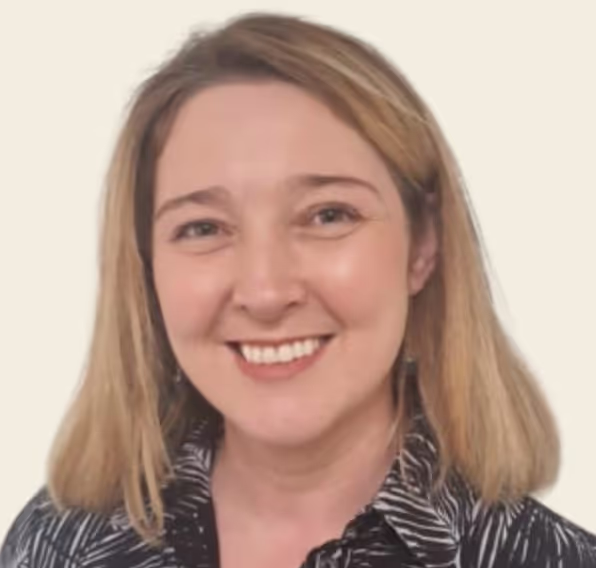
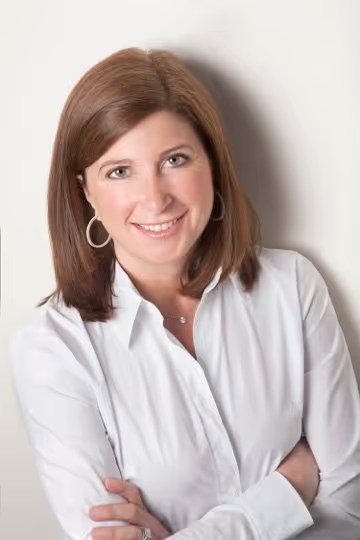

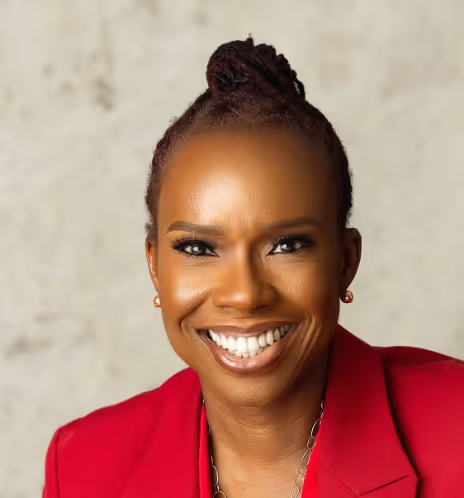
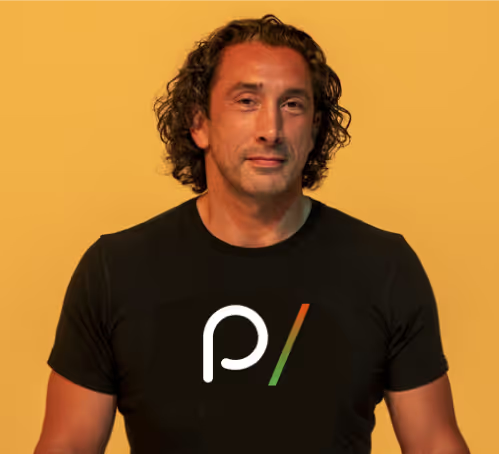
.avif)
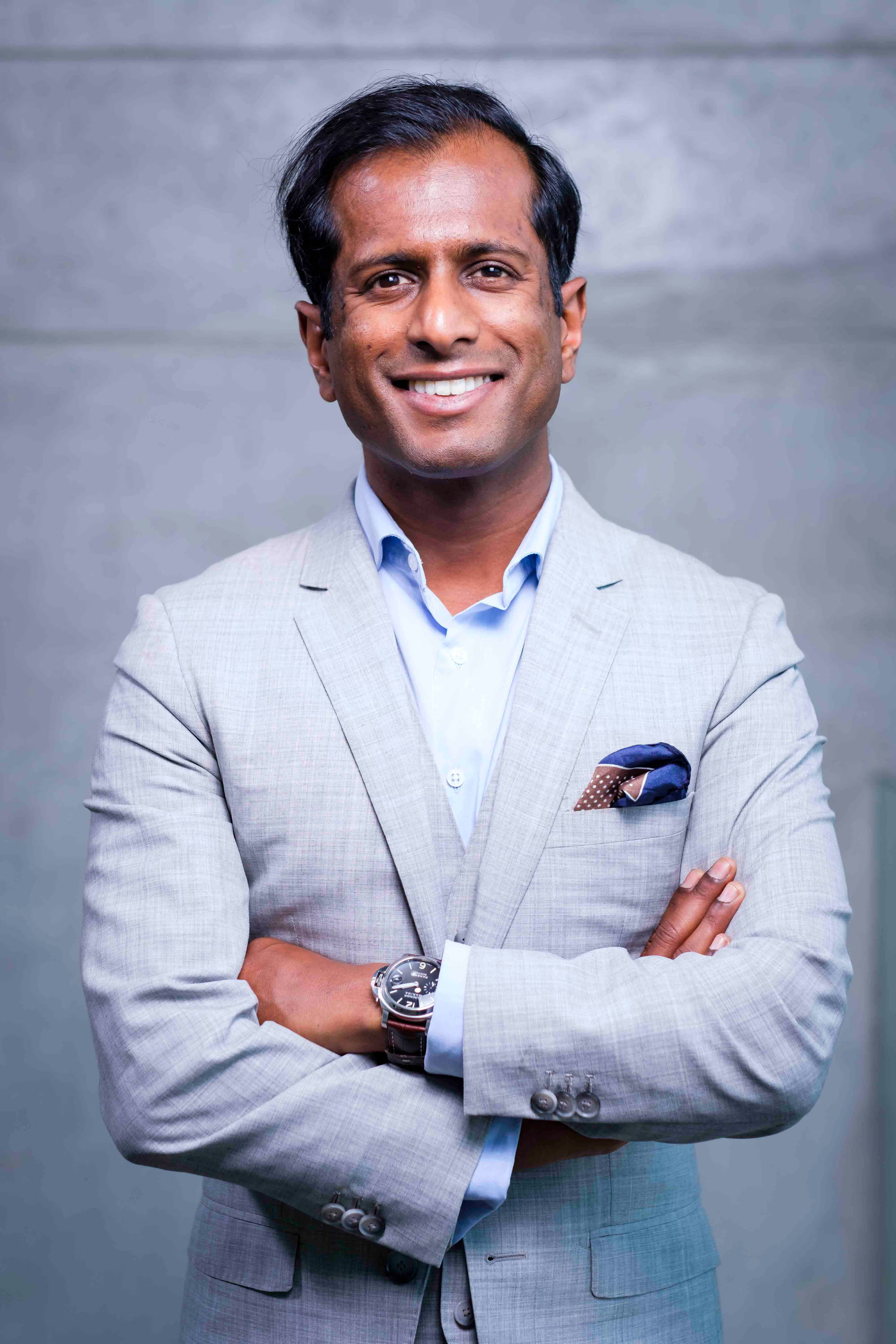


.avif)



.webp)
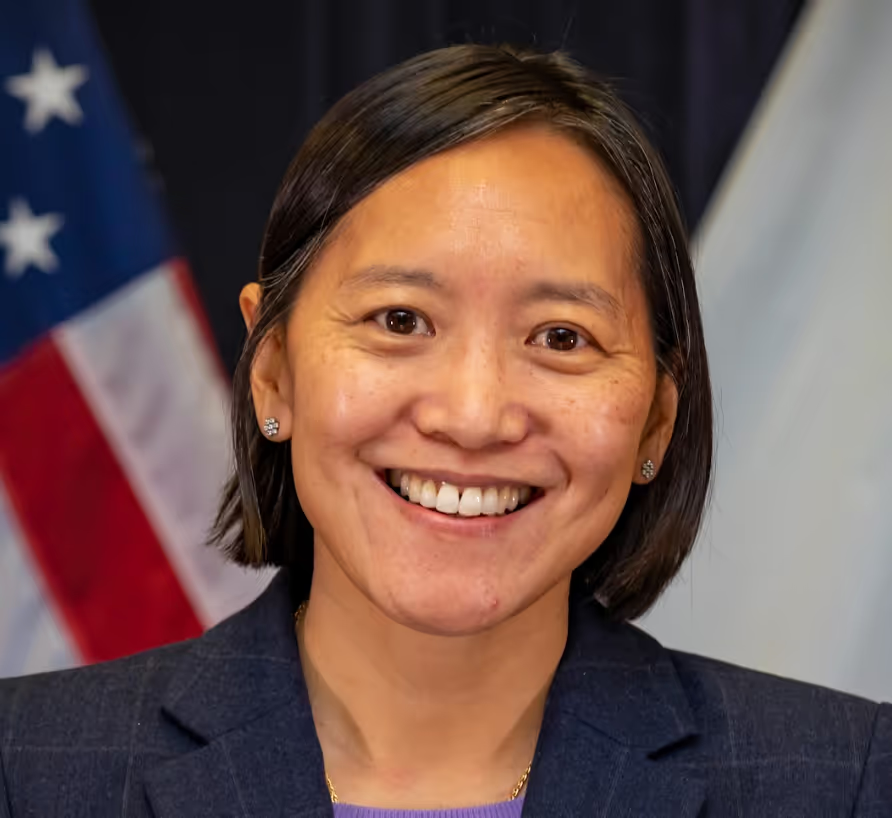
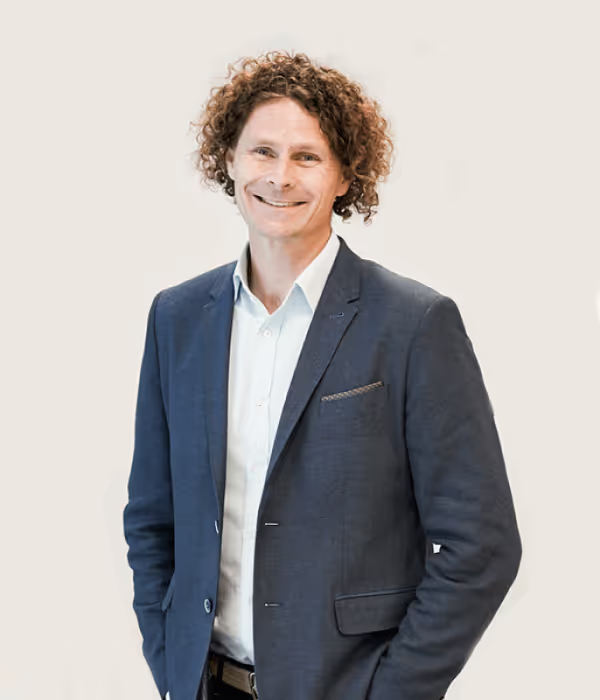
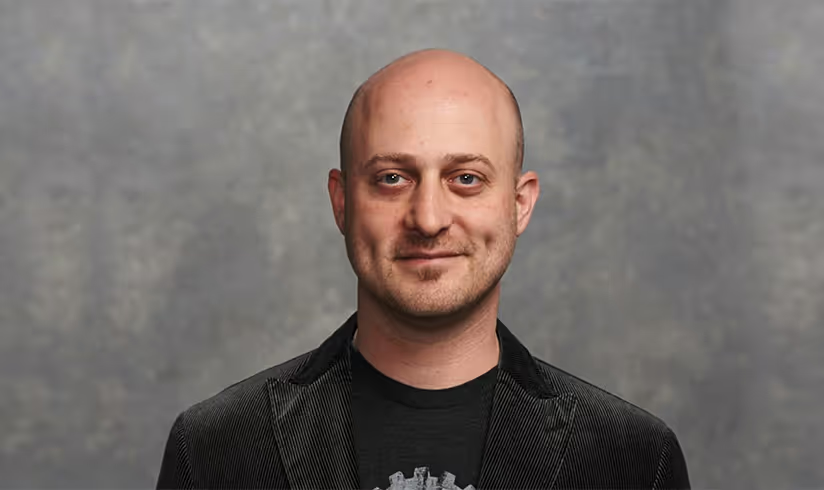

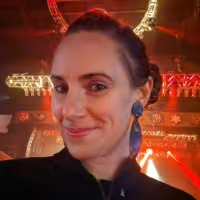
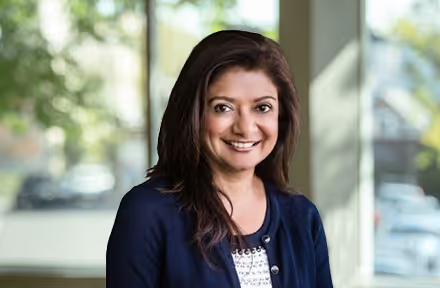
.avif)
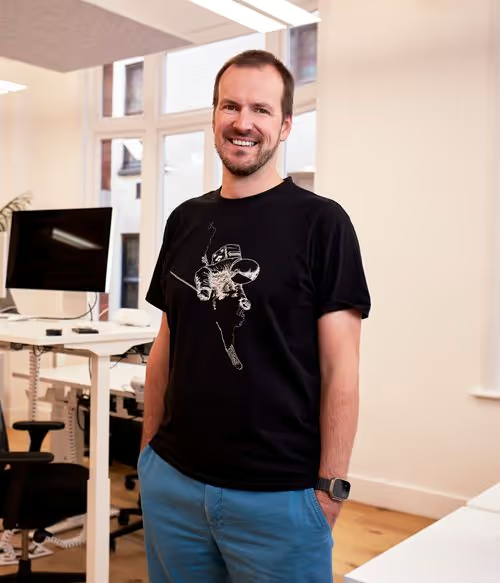











.avif)







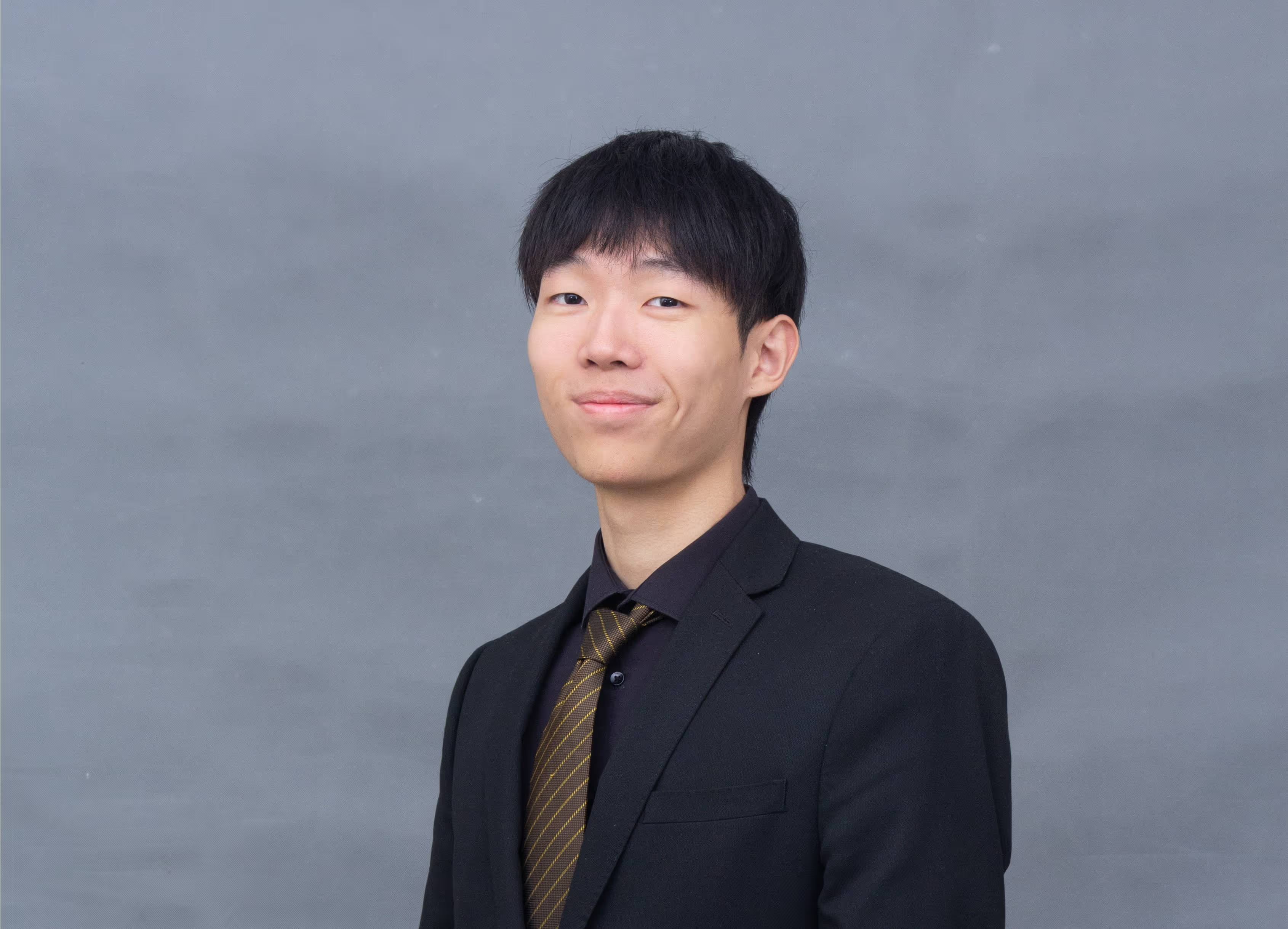
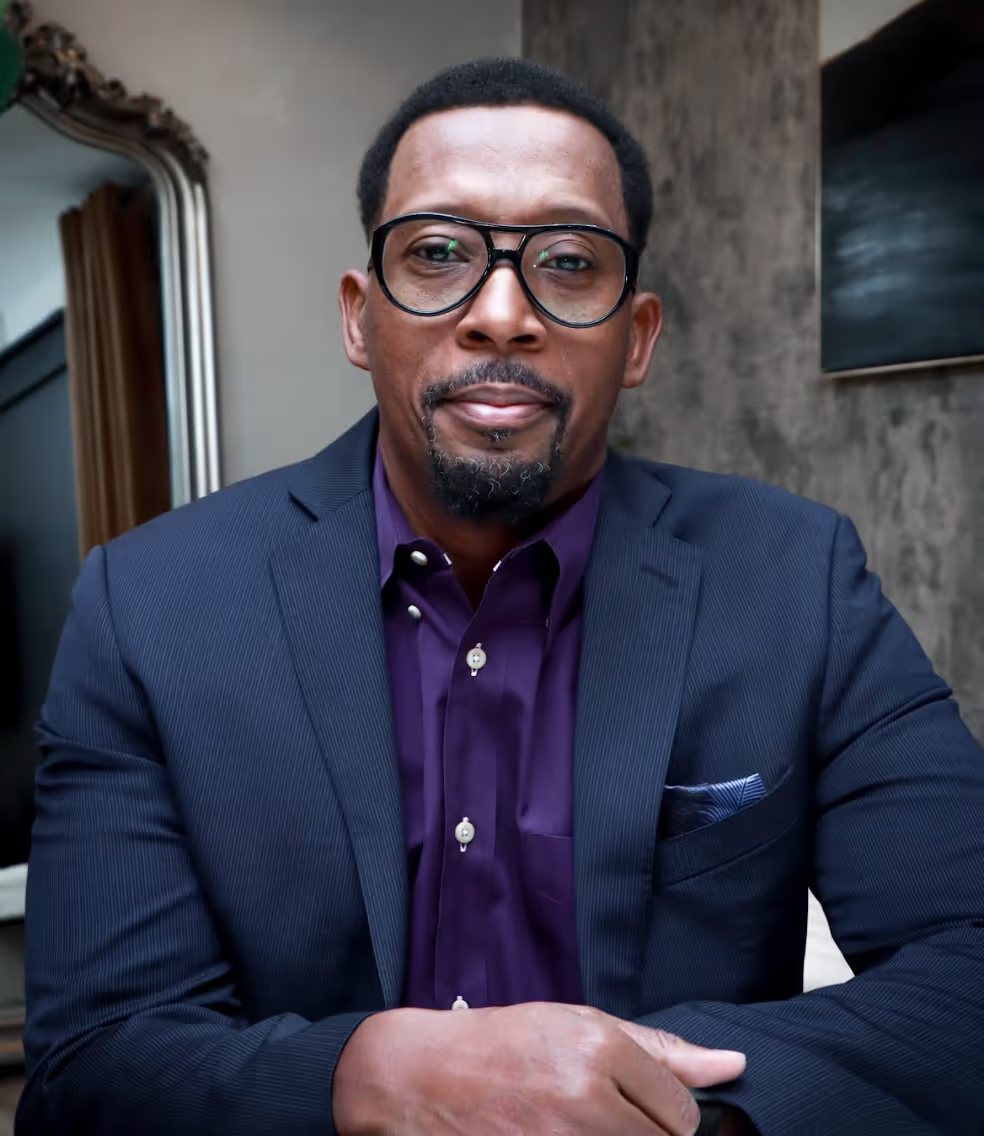



.avif)



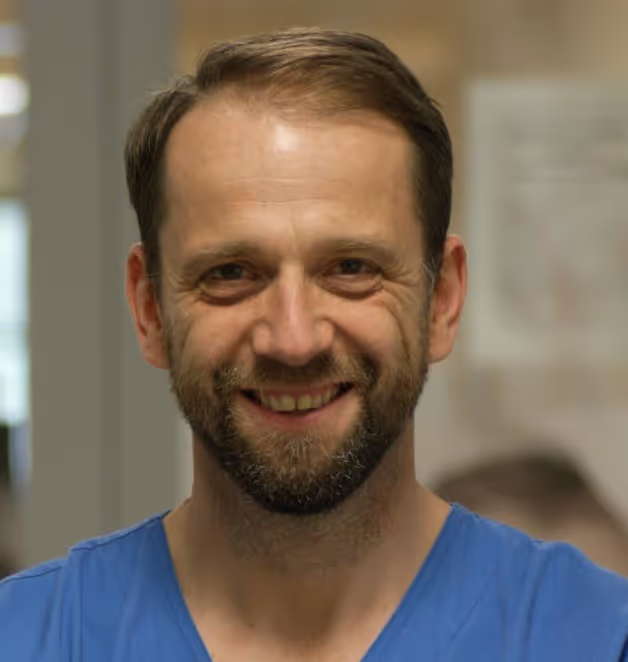
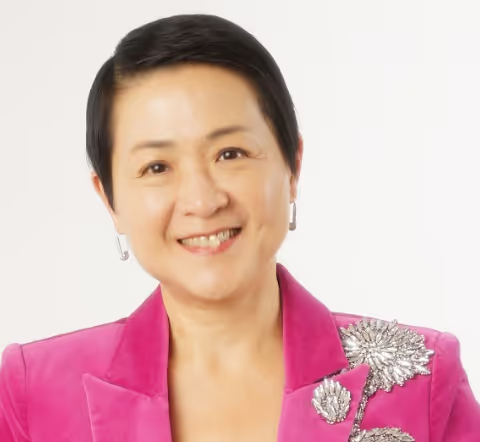
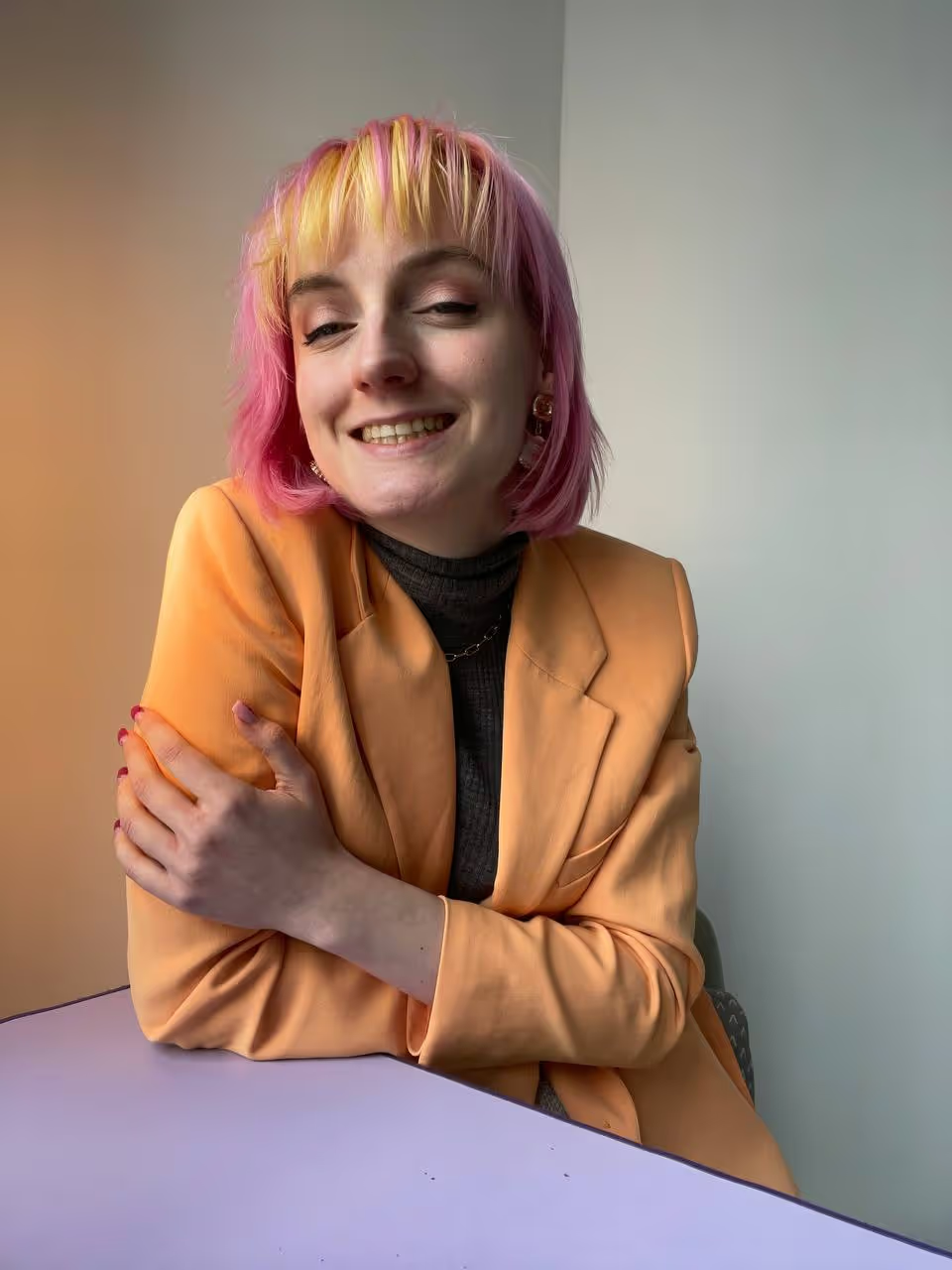
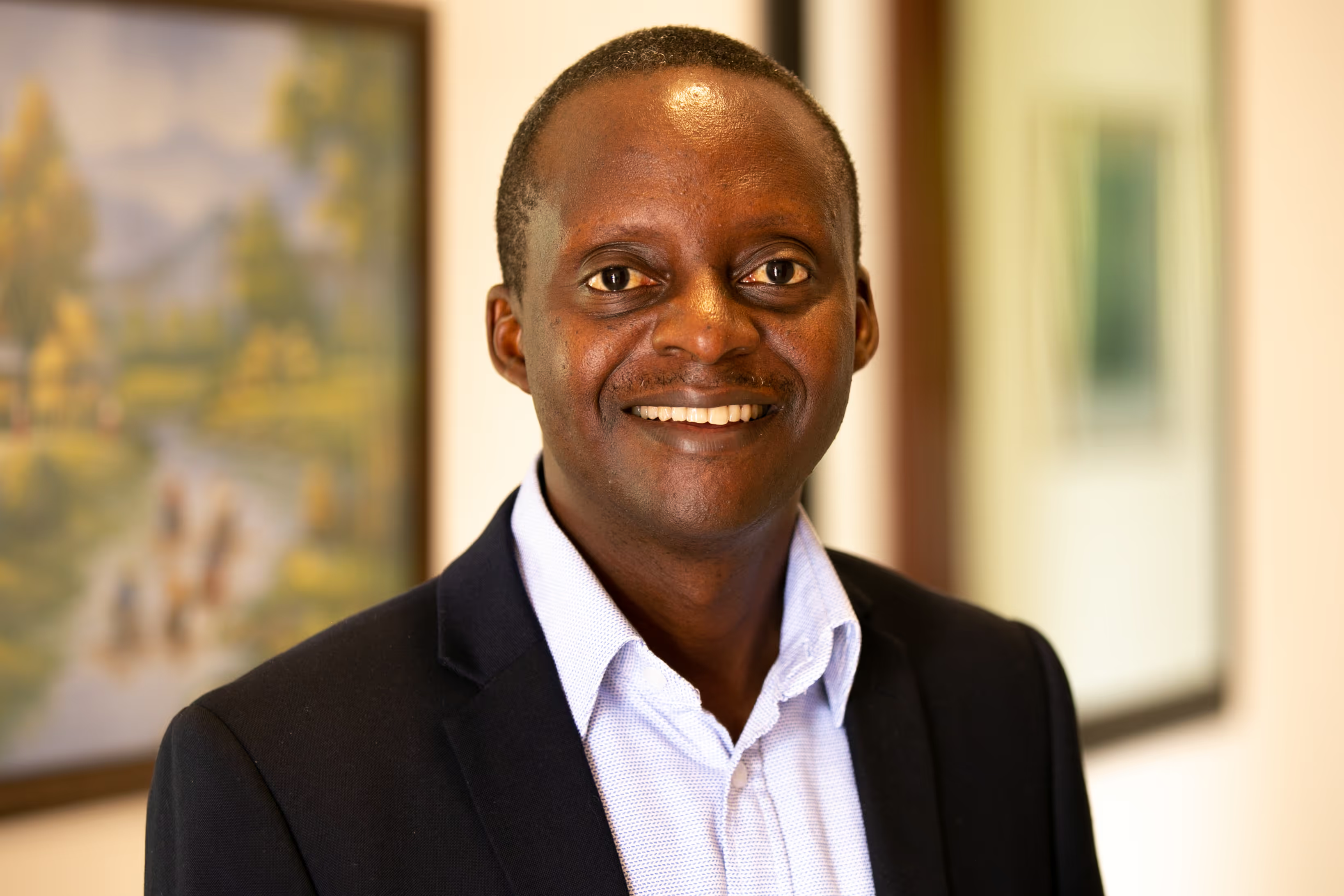
.avif)





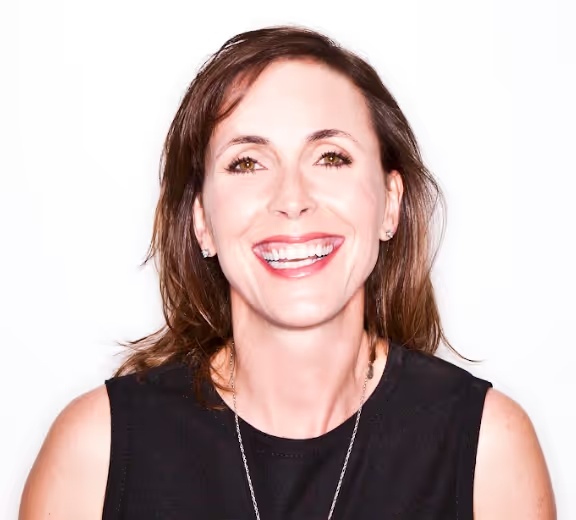

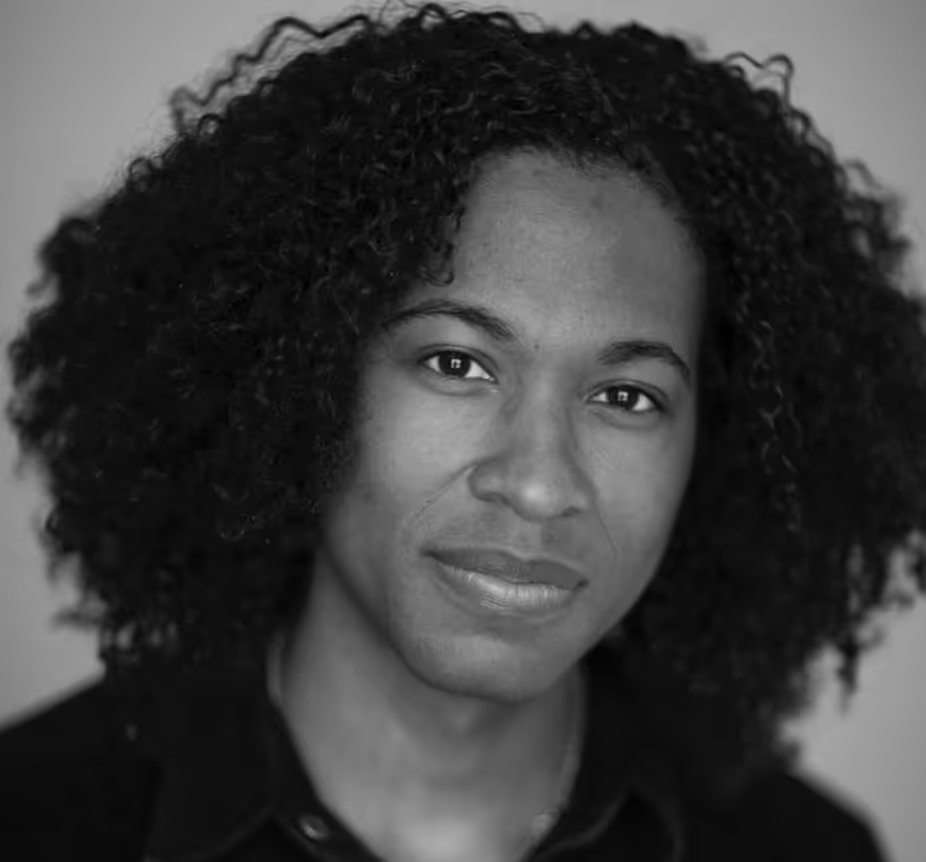


.avif)
.avif)





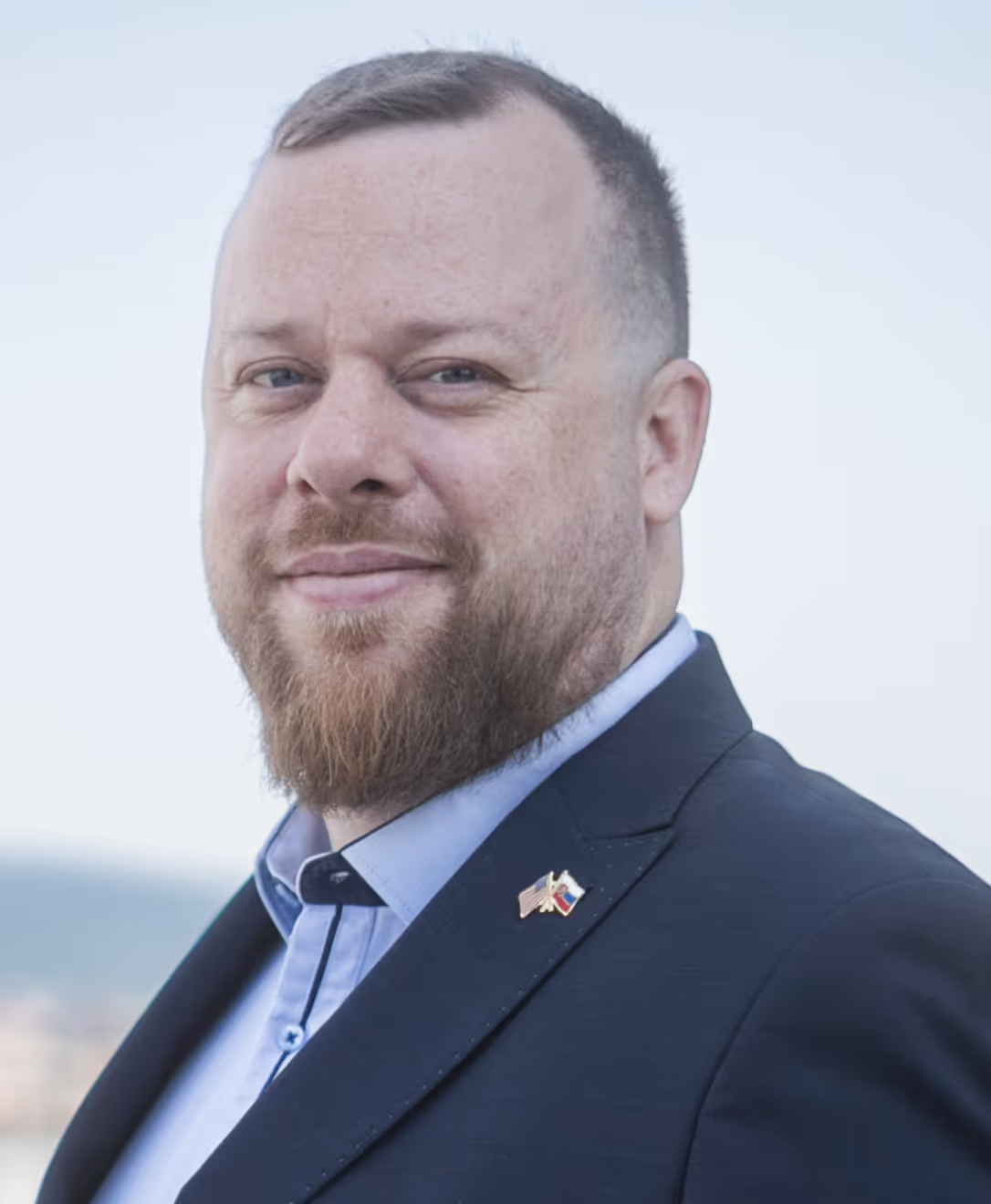


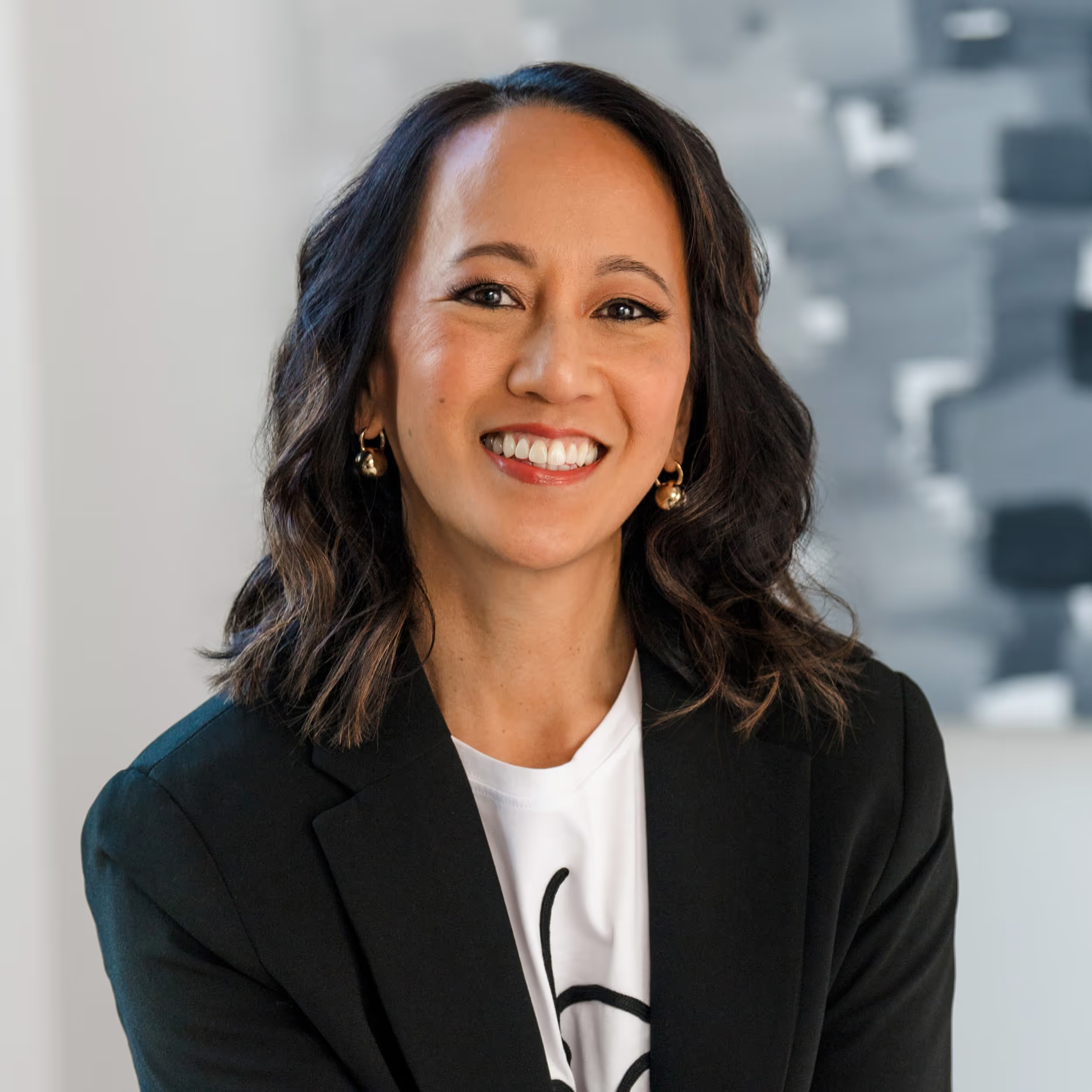


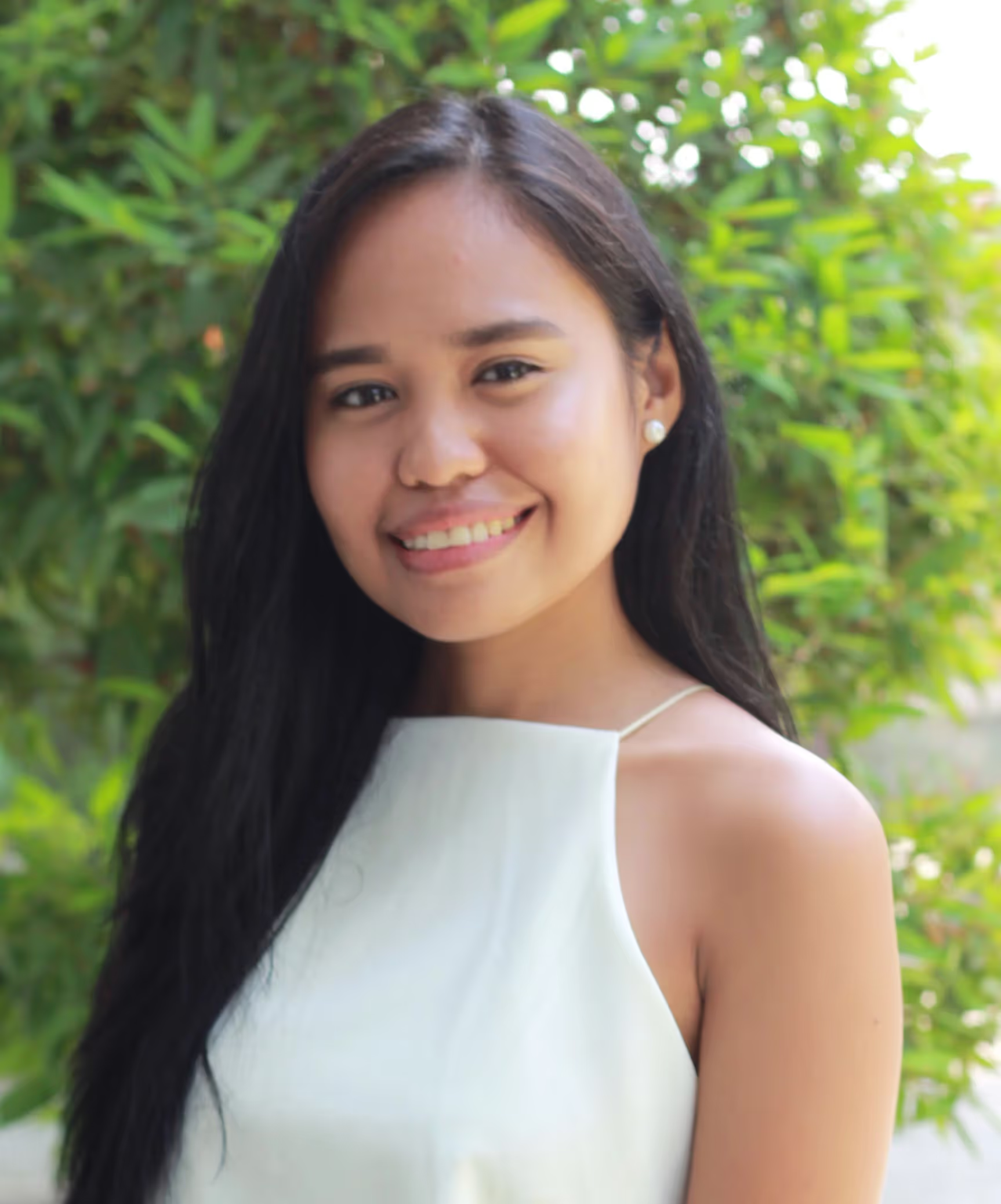

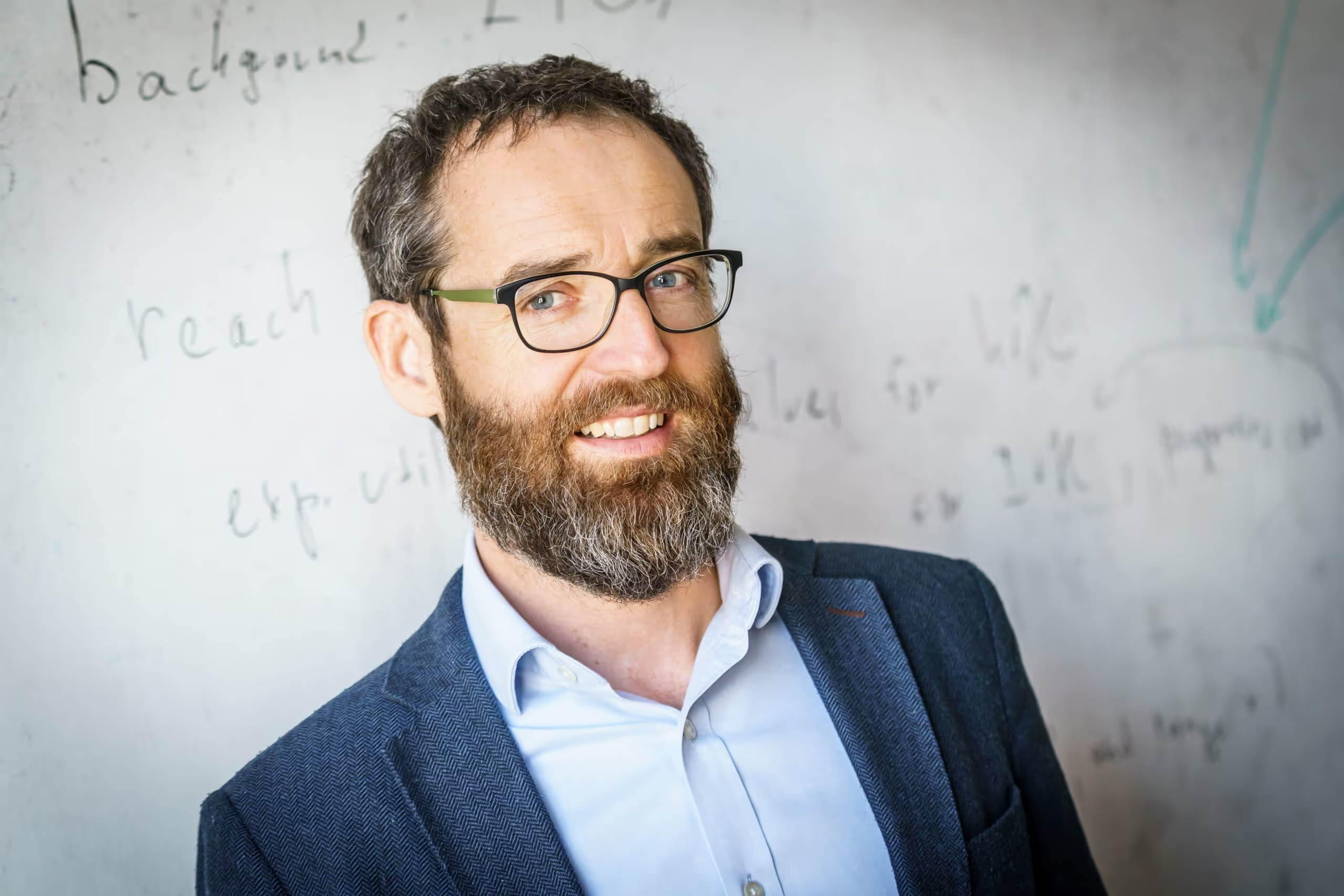



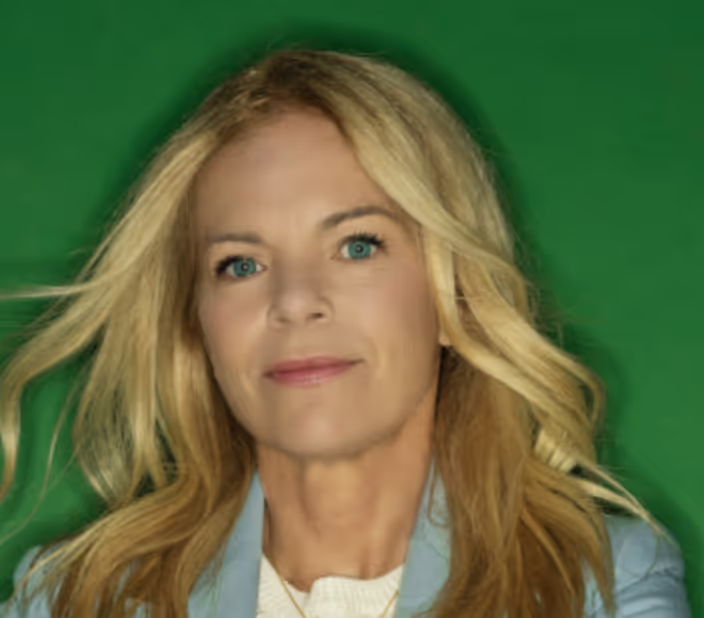
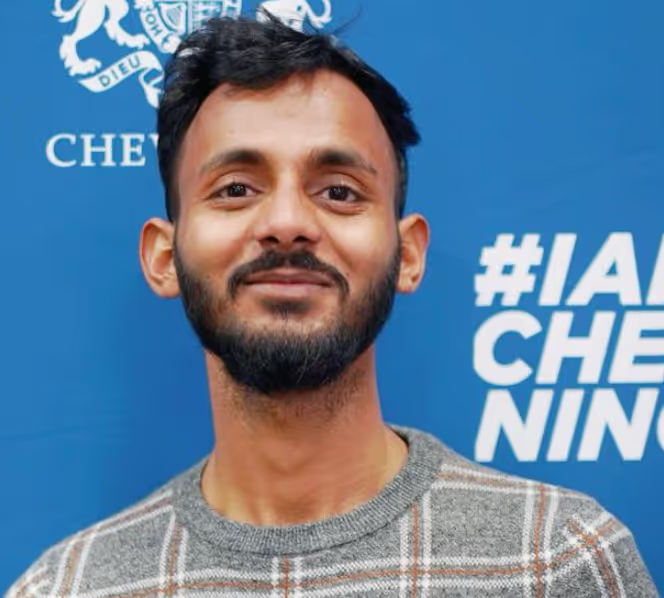
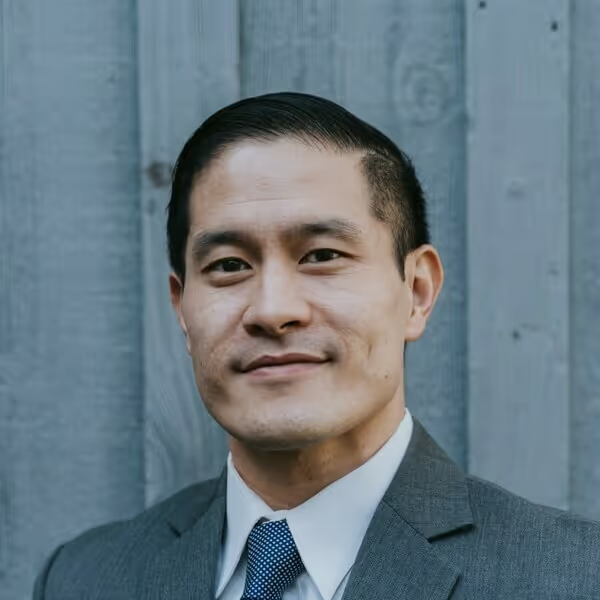
.avif)
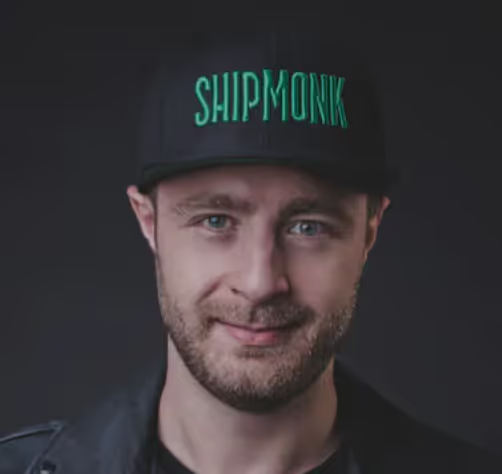
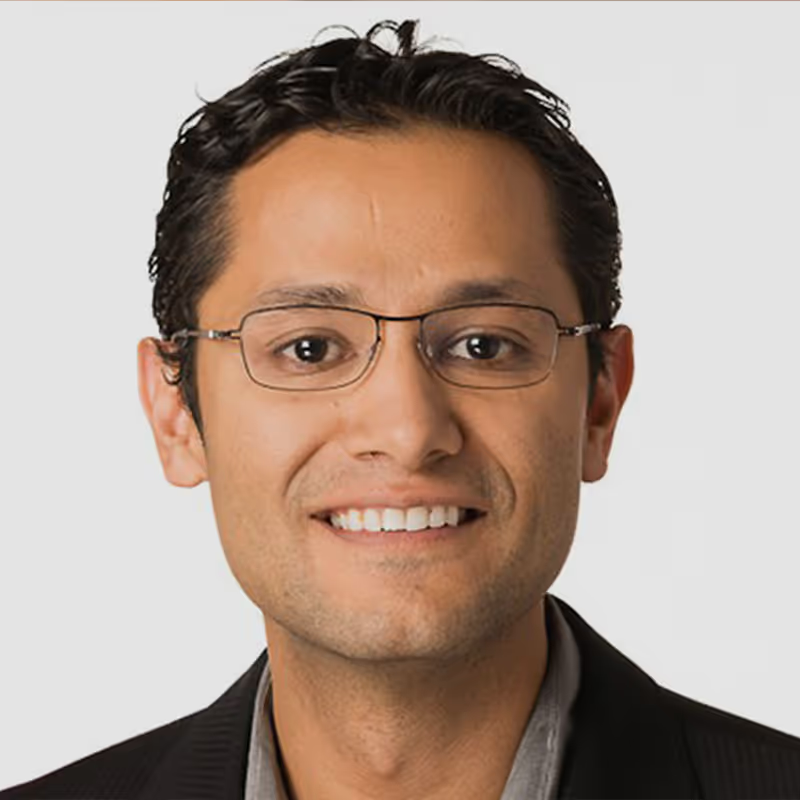




.avif)




.svg)

























.avif)







.avif)








.avif)









.avif)






.avif)




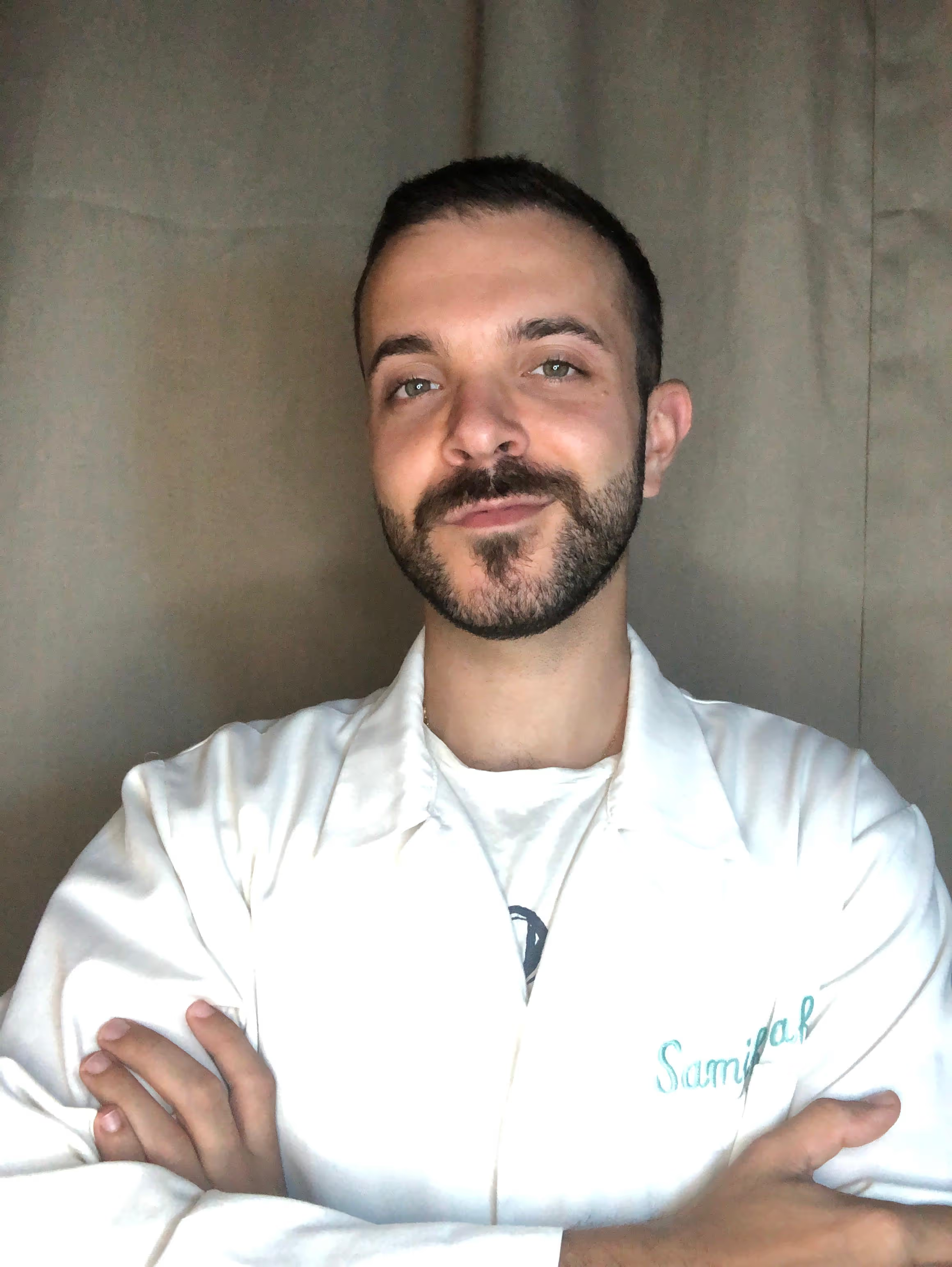

.avif)





















.avif)
































.avif)


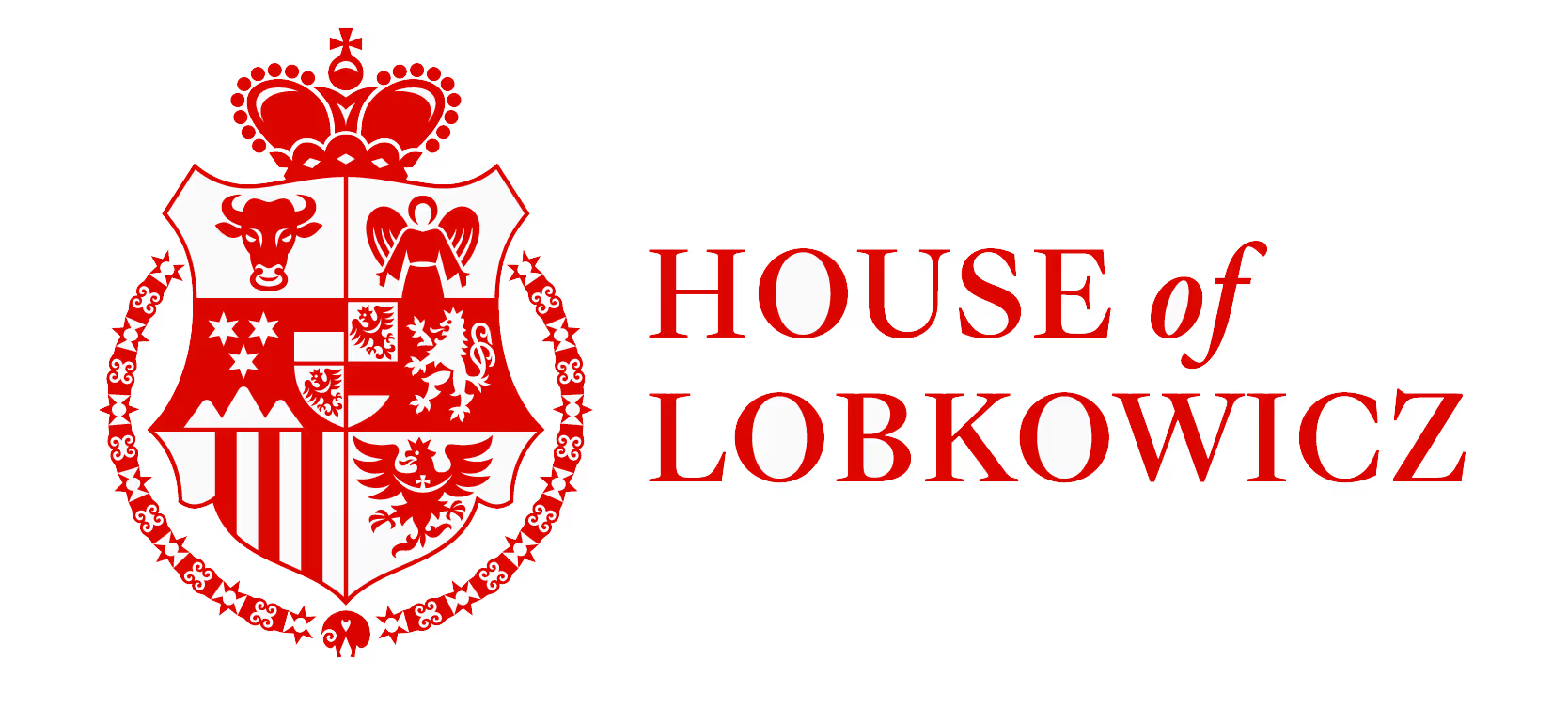













.avif)

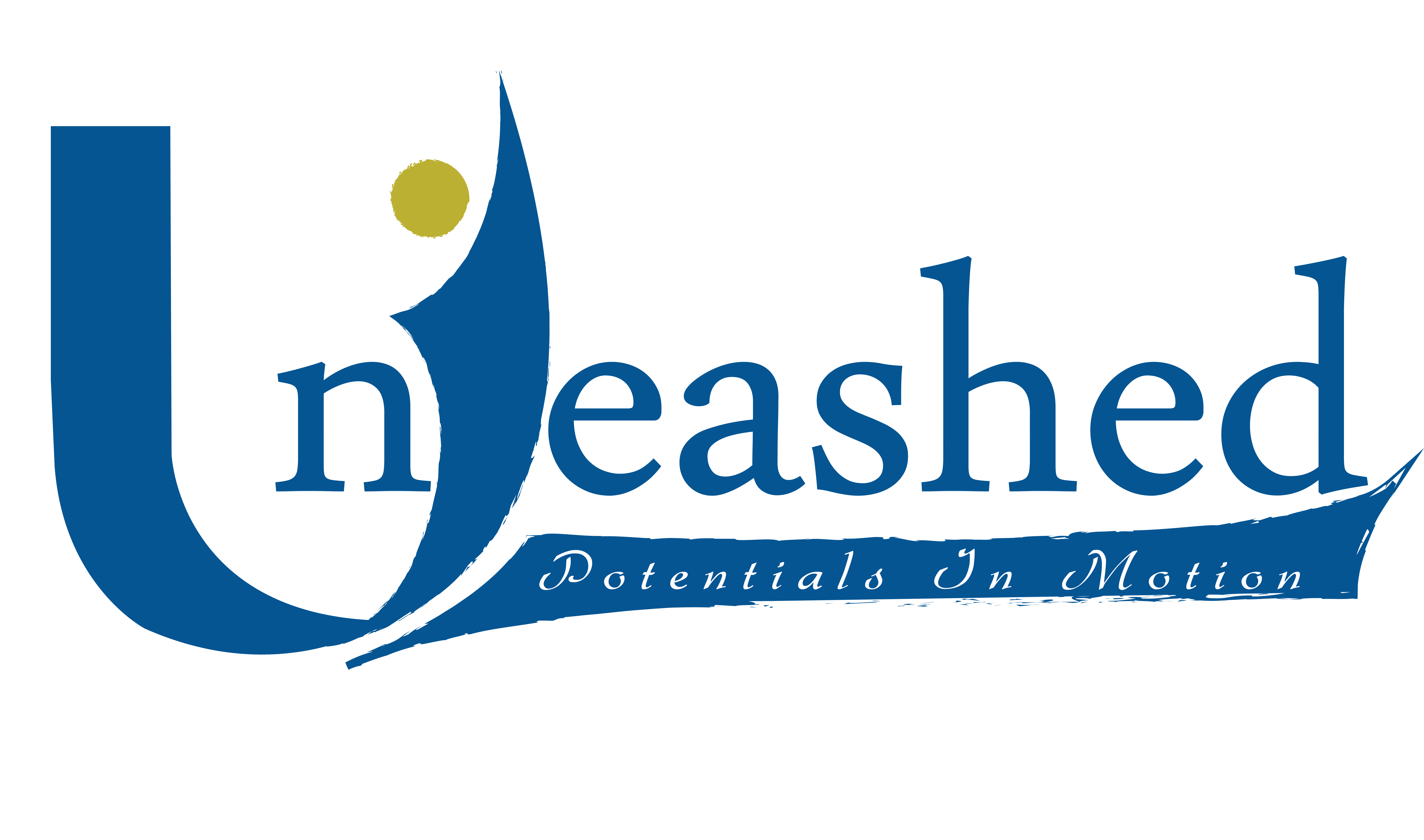

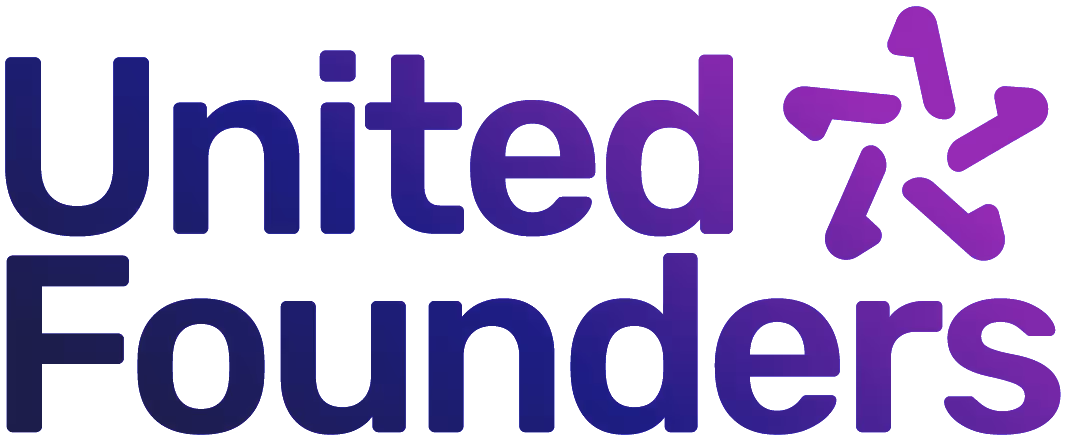
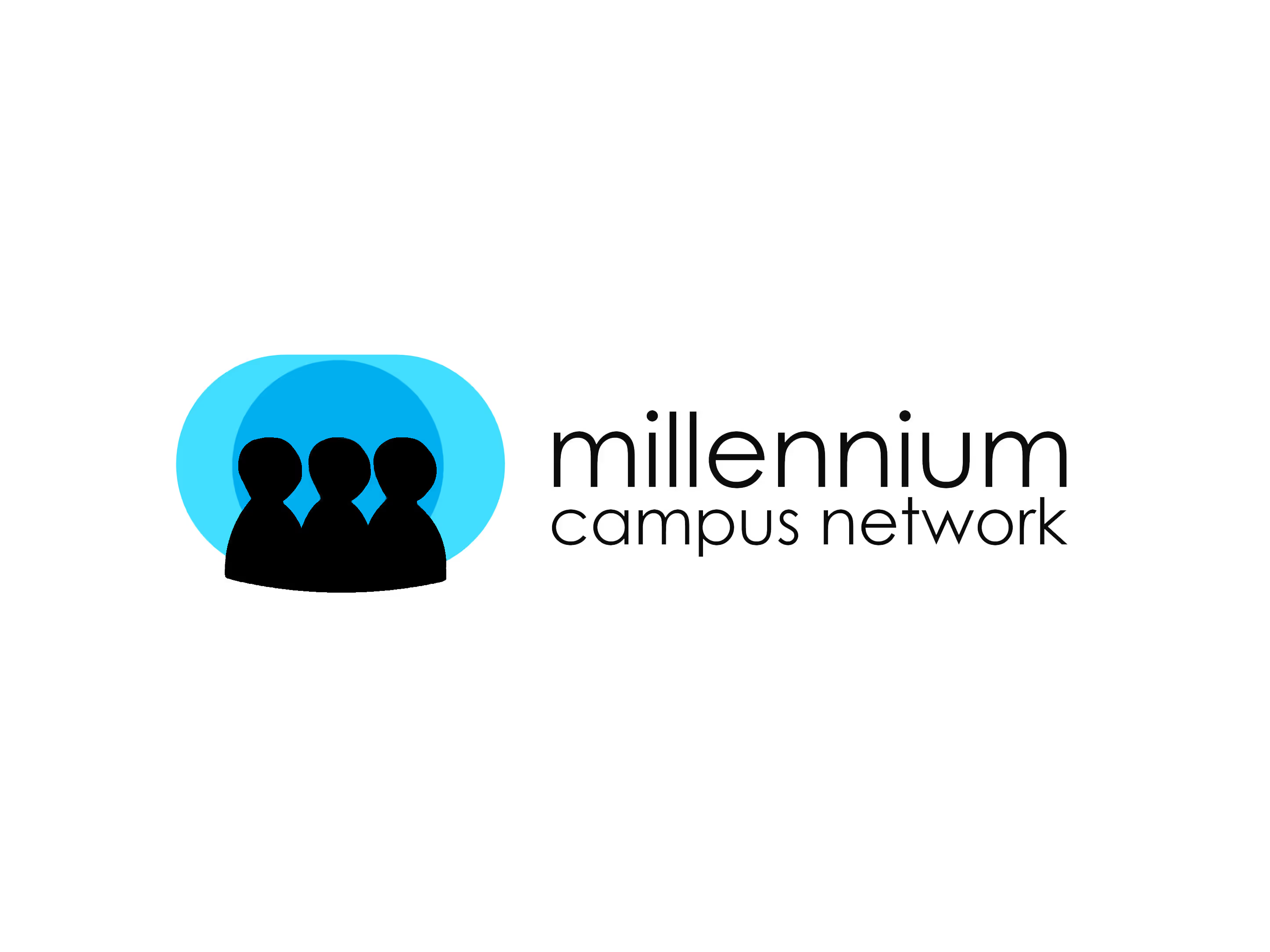


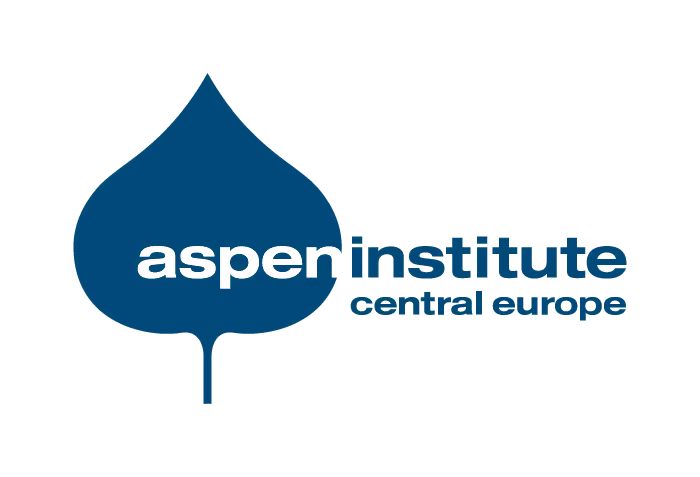



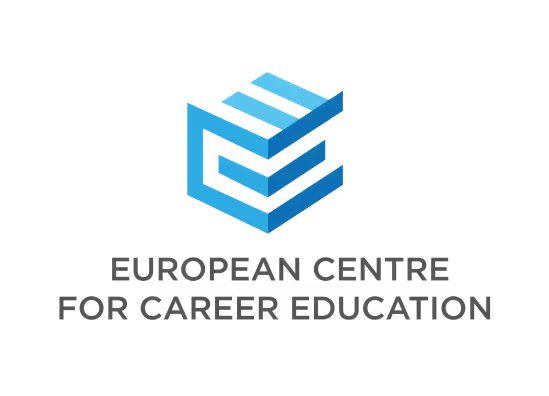

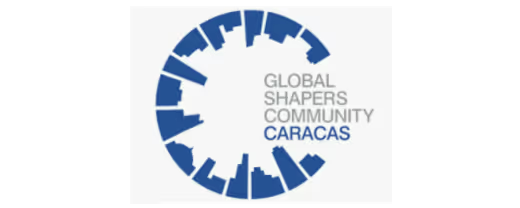
-1.avif)
